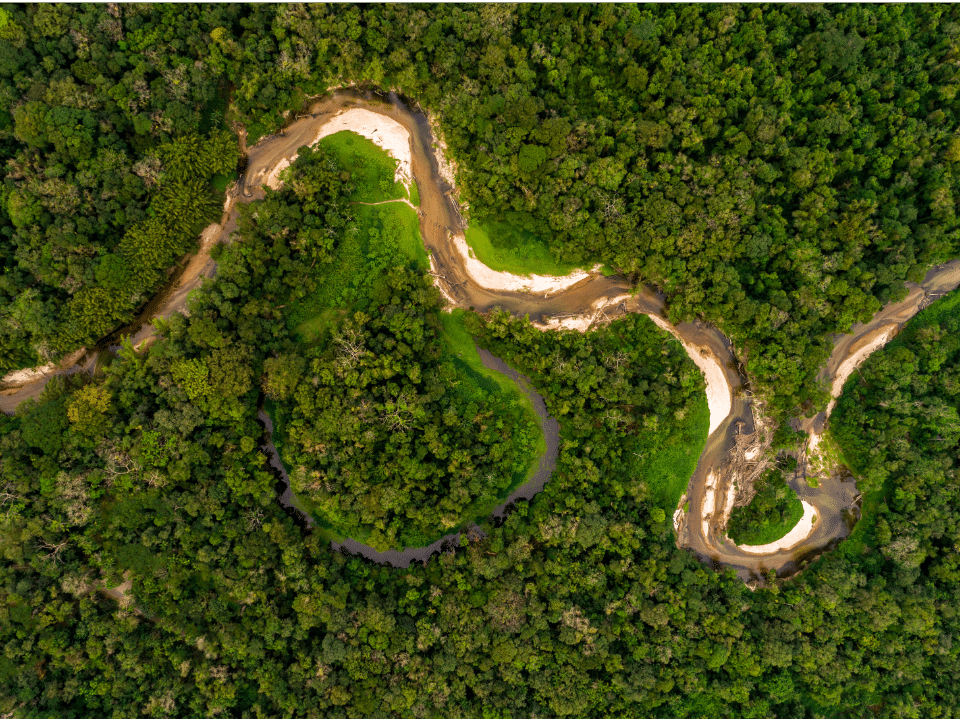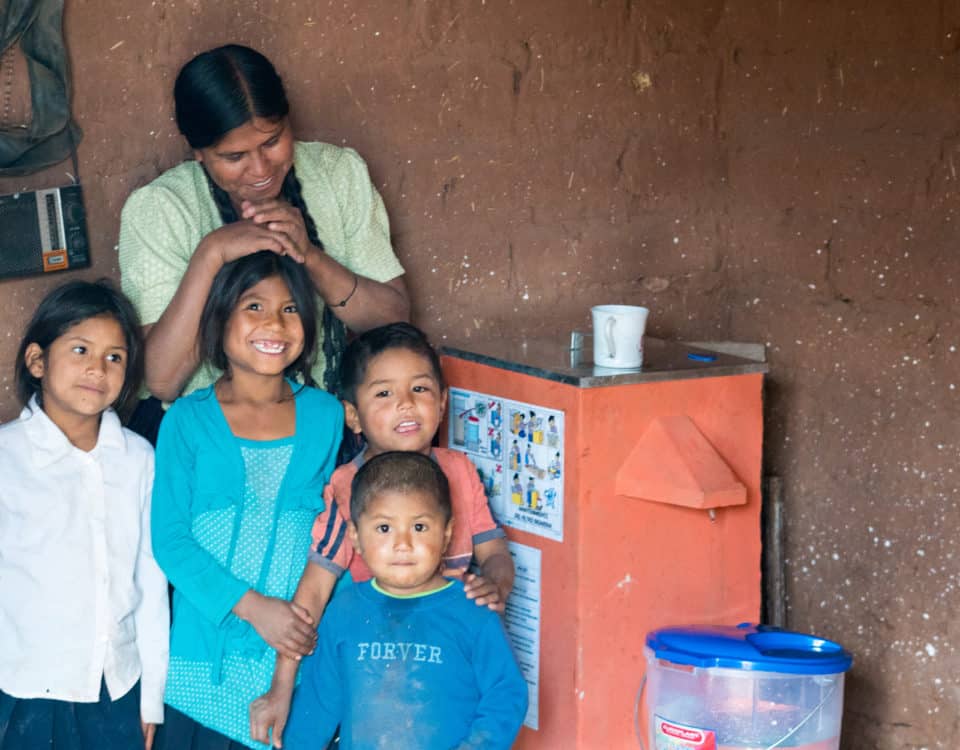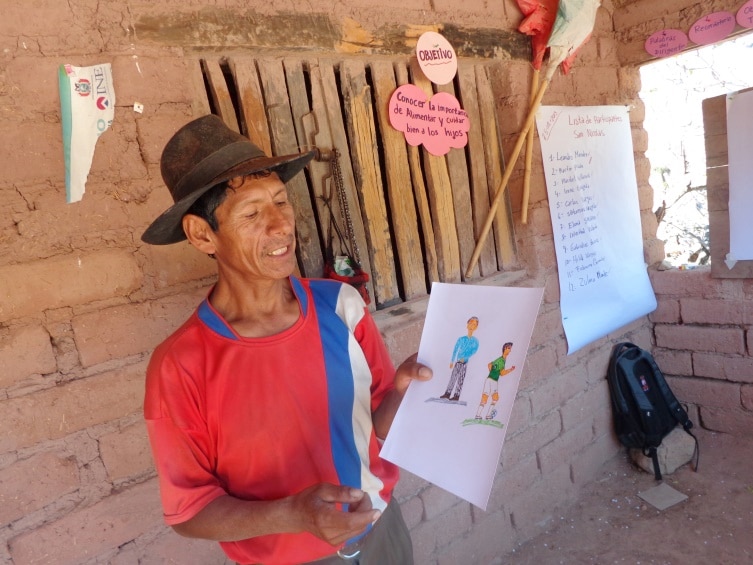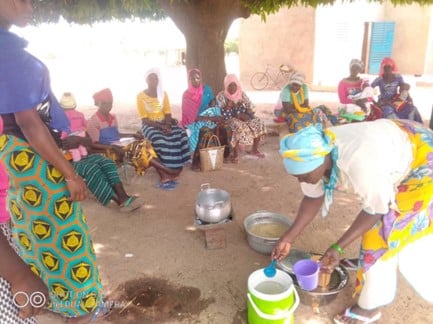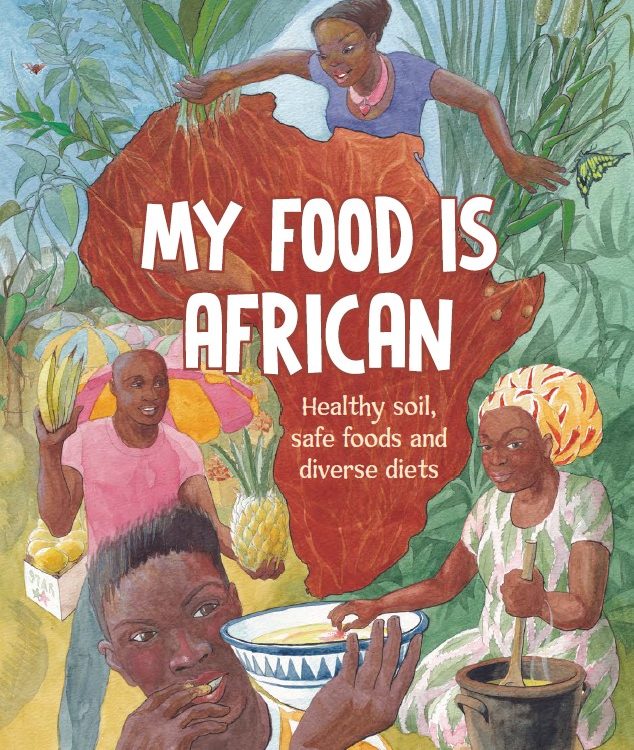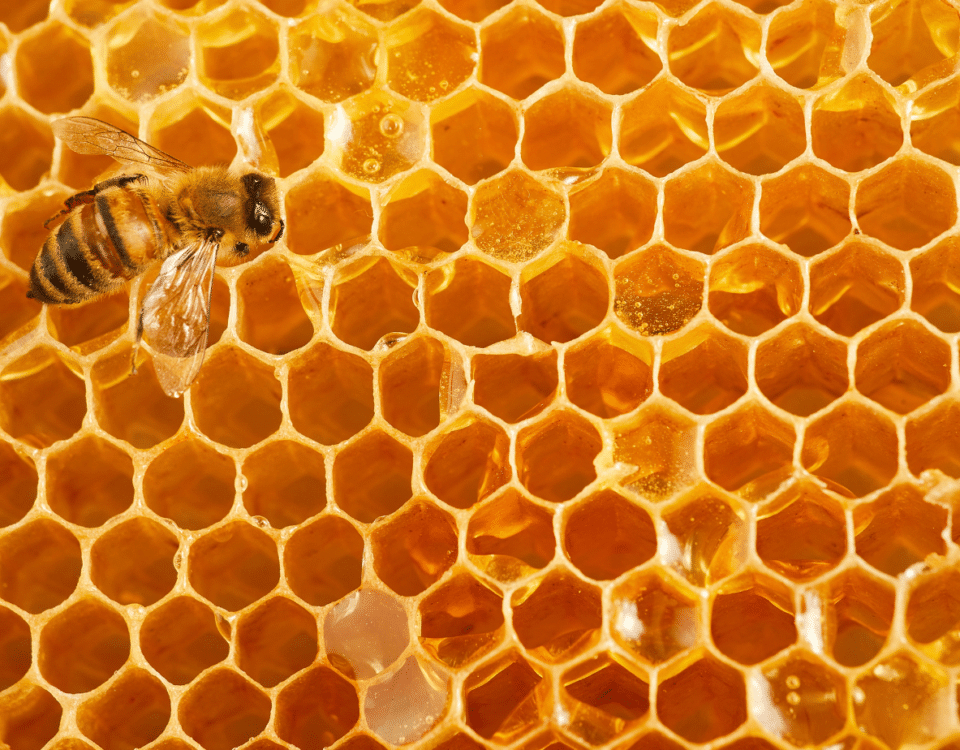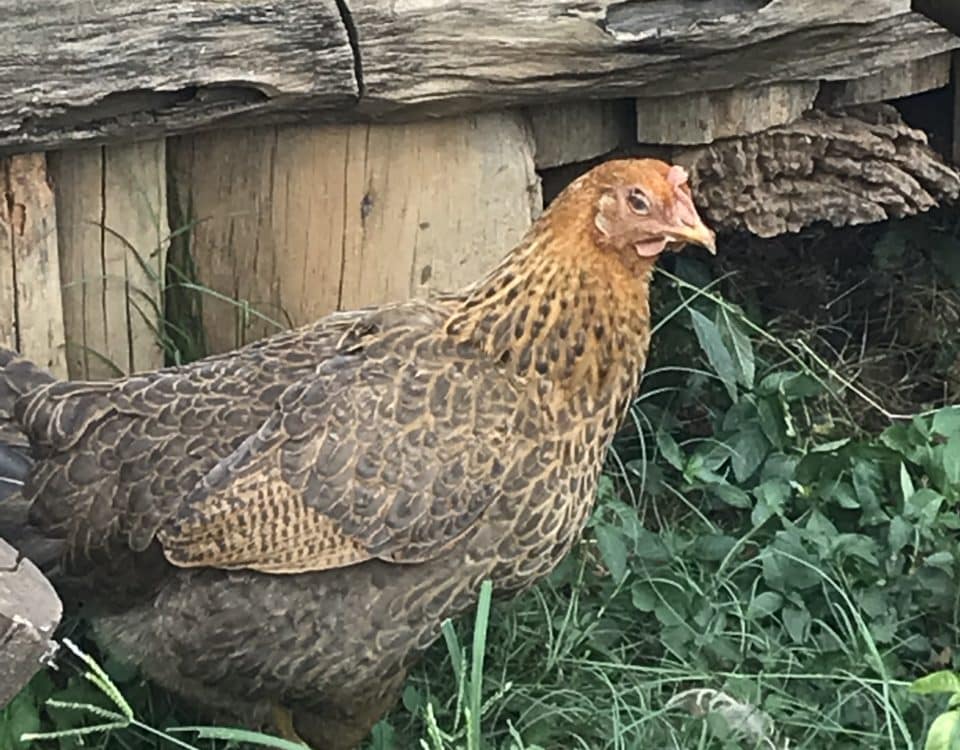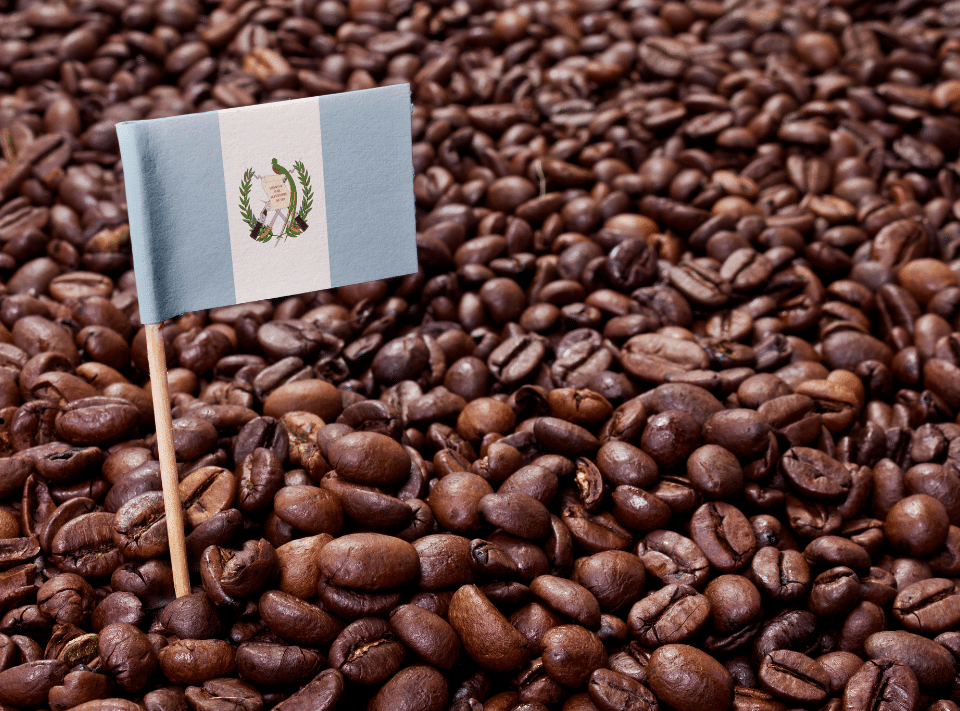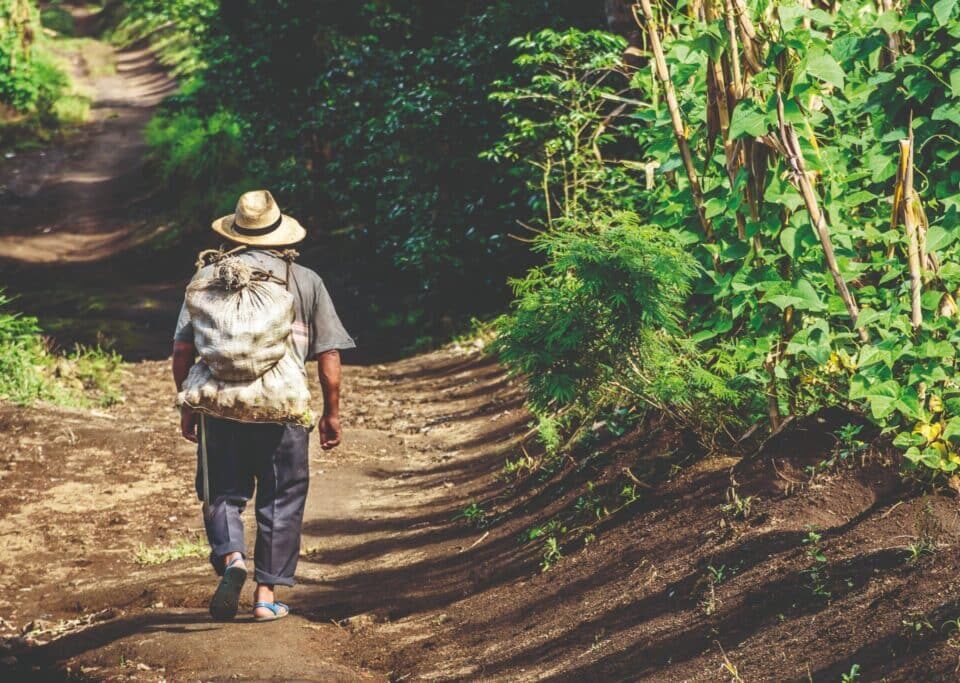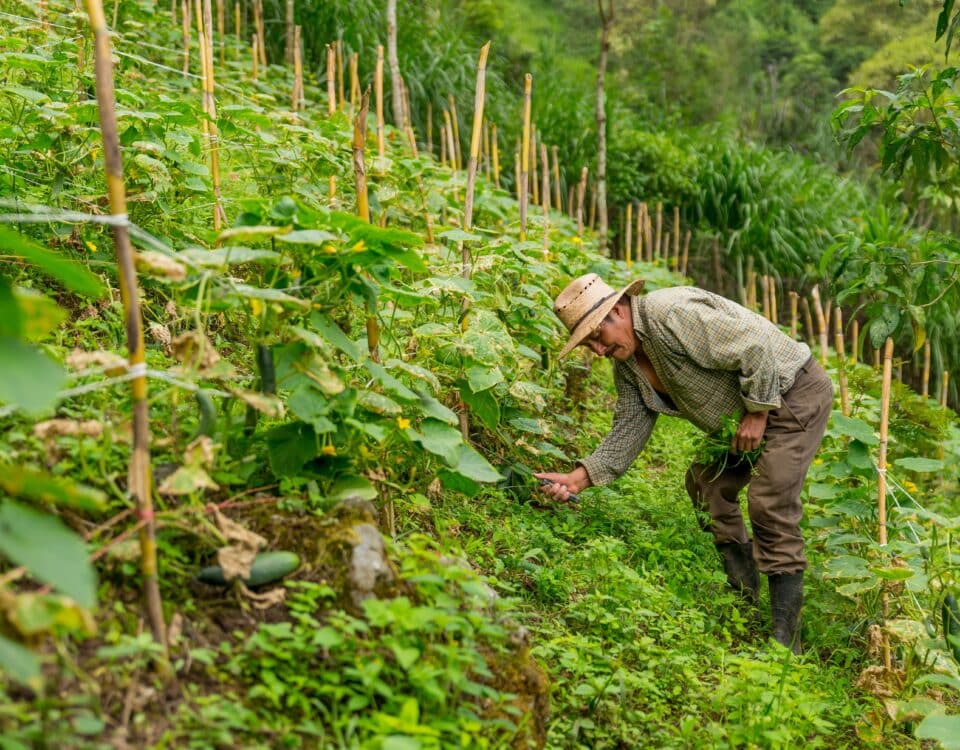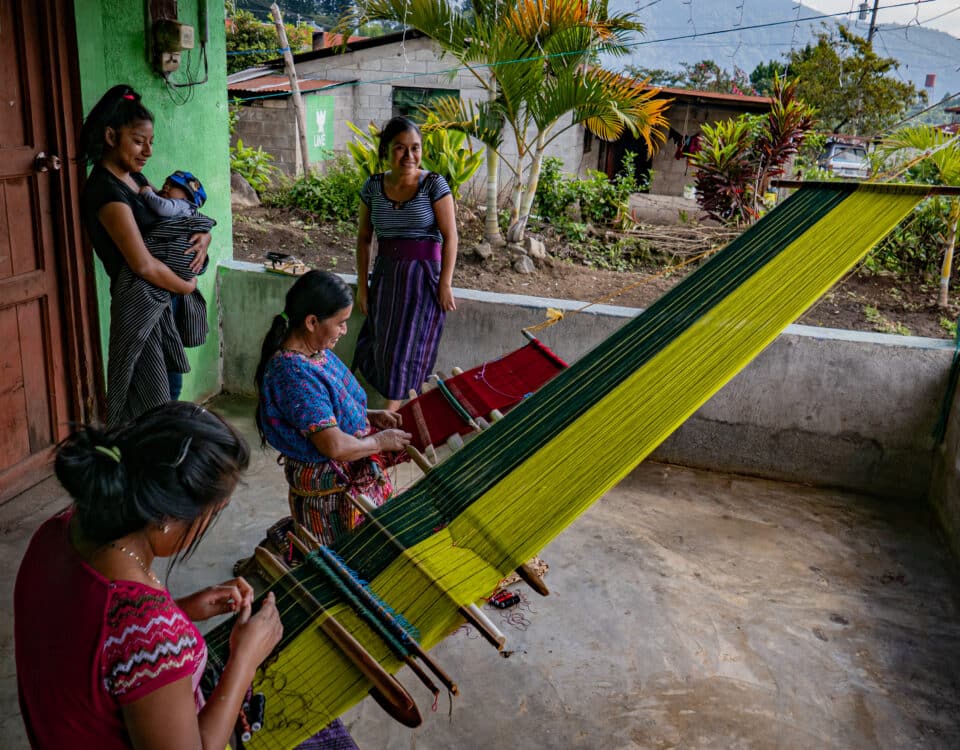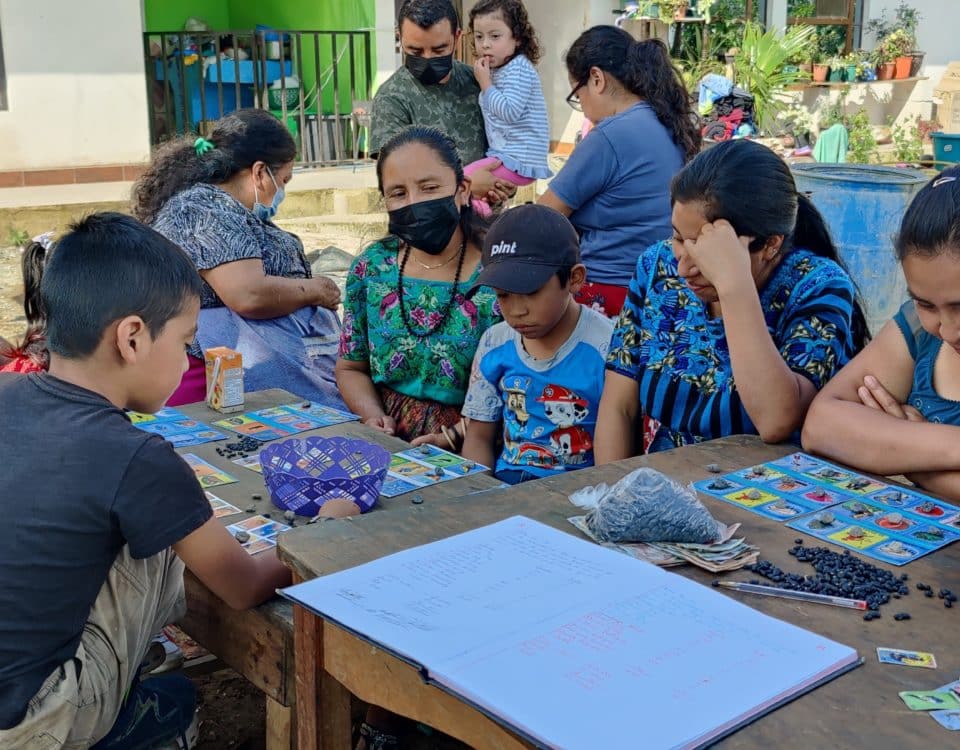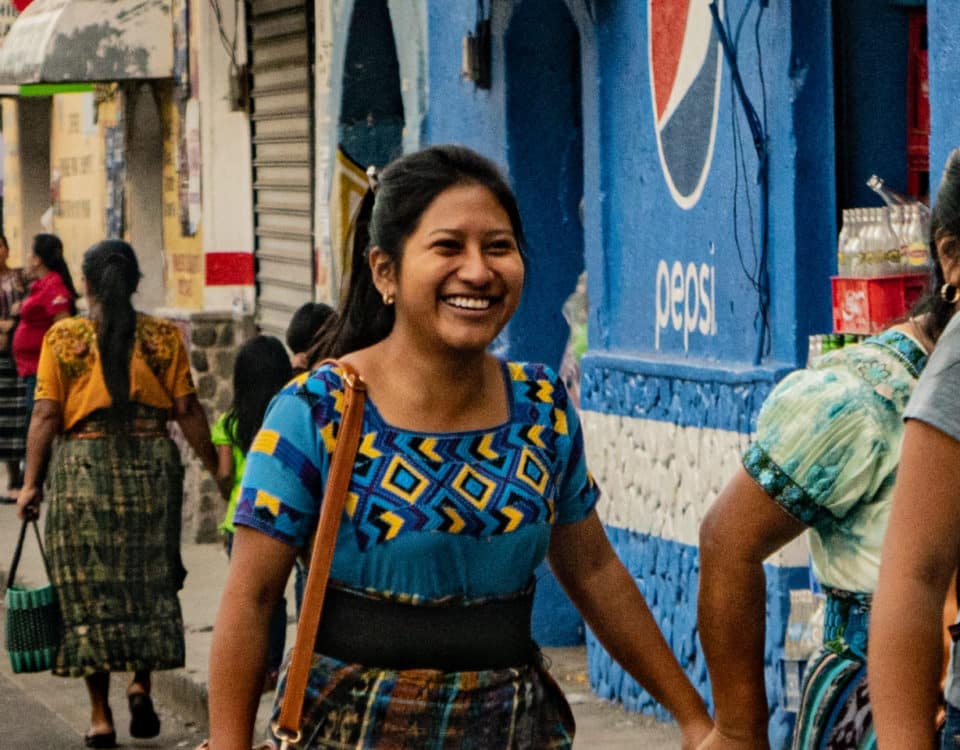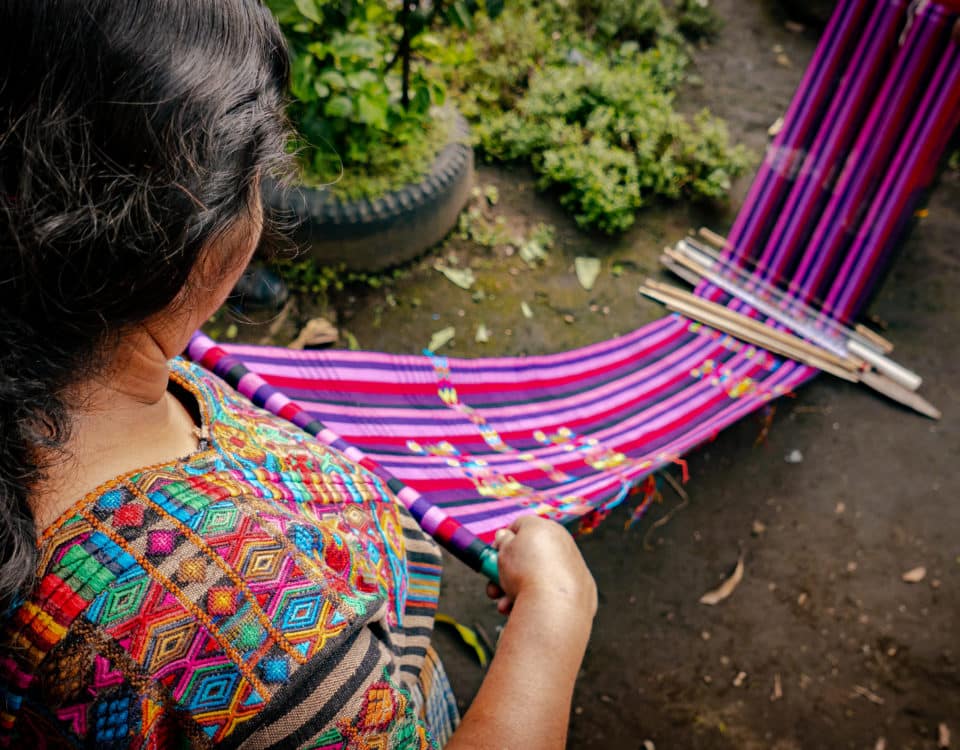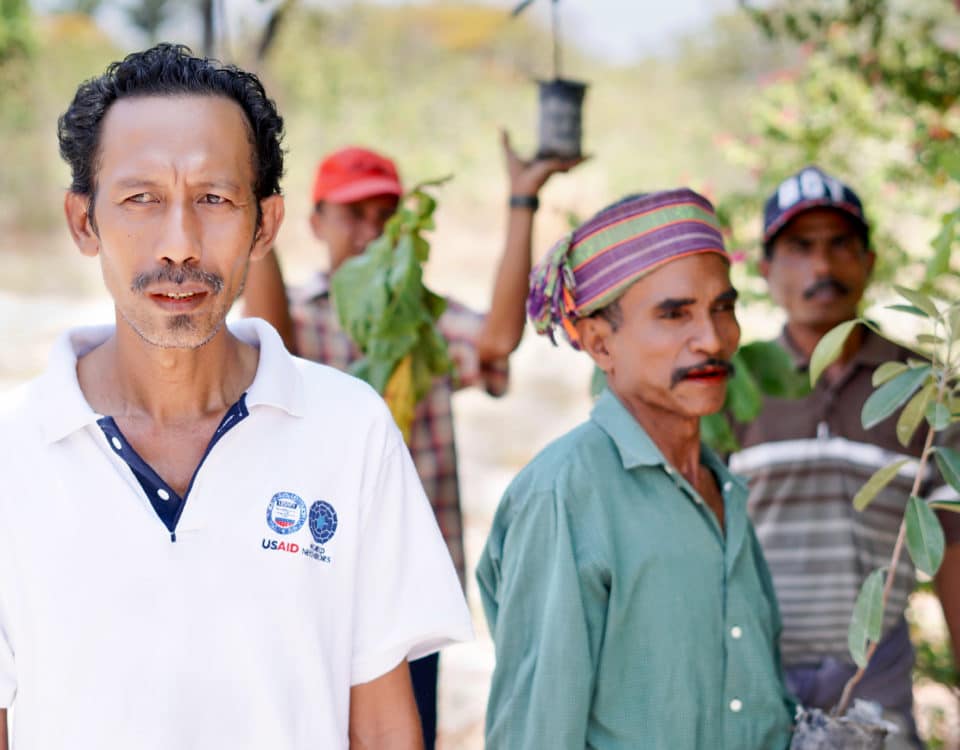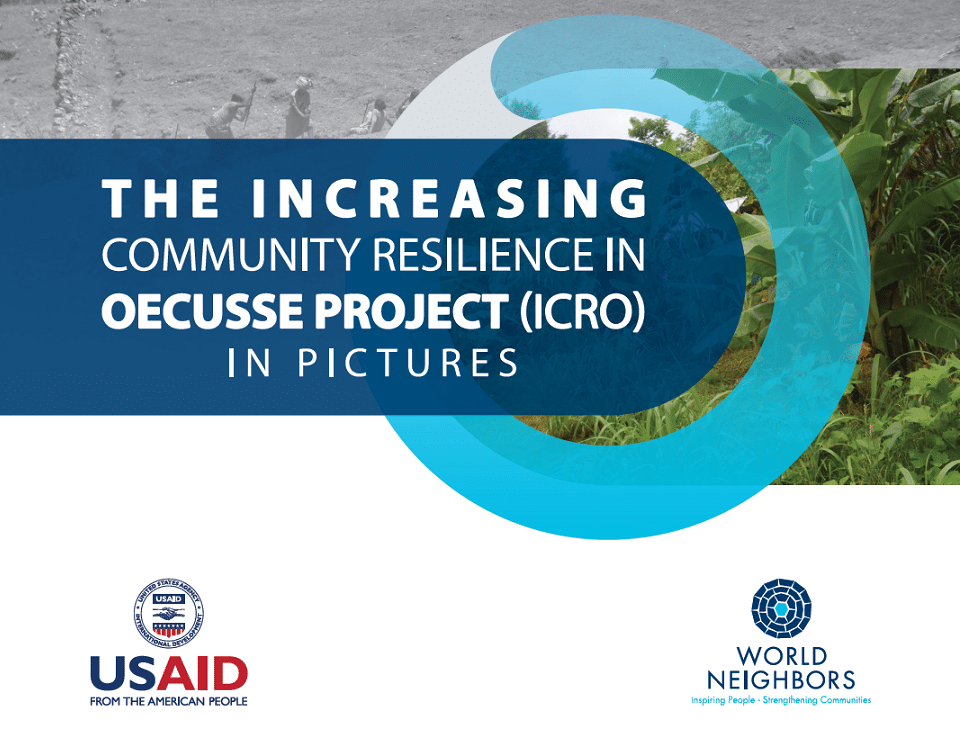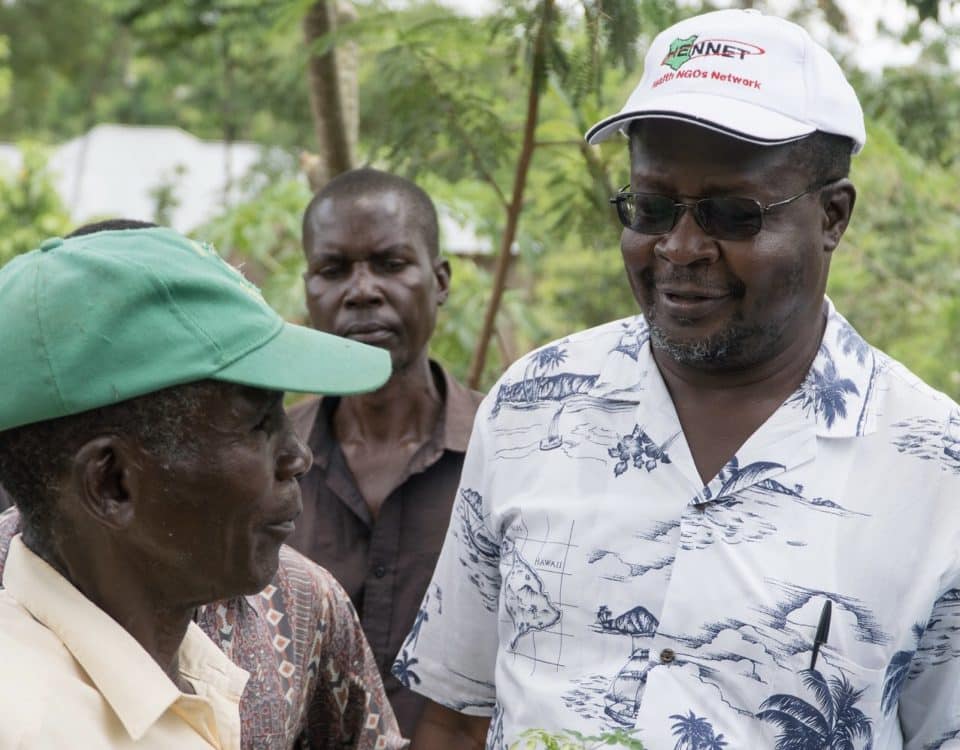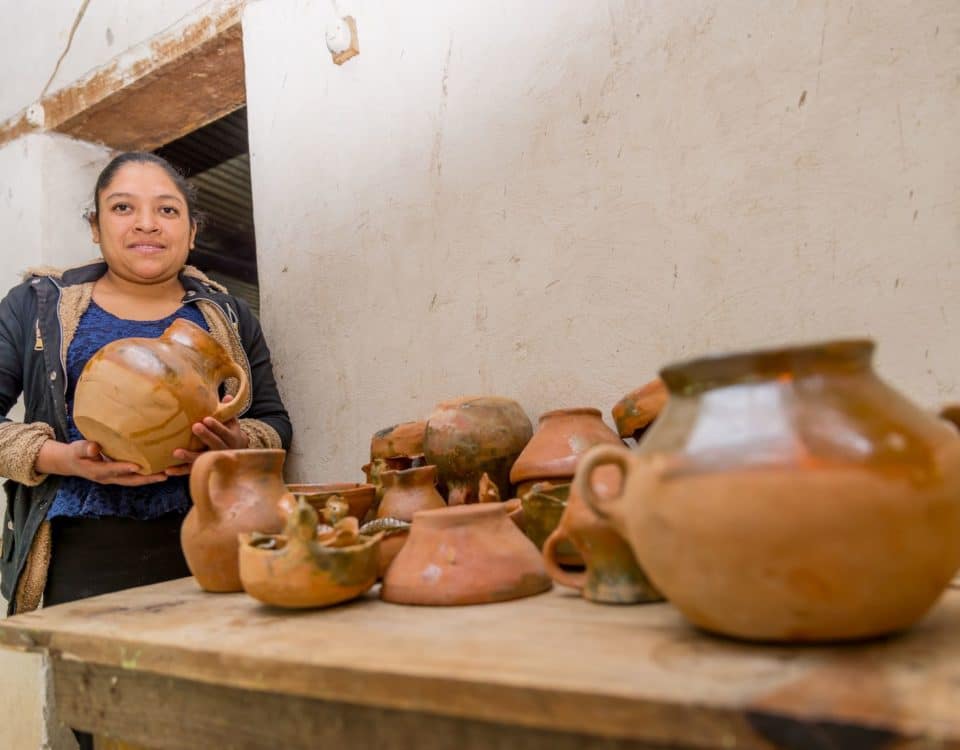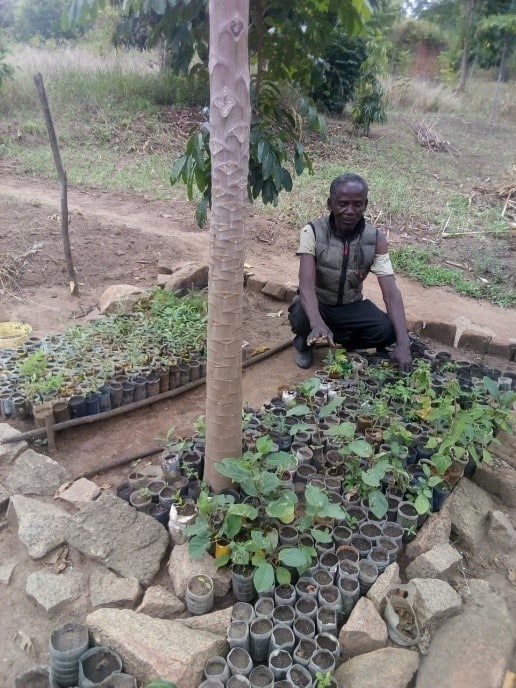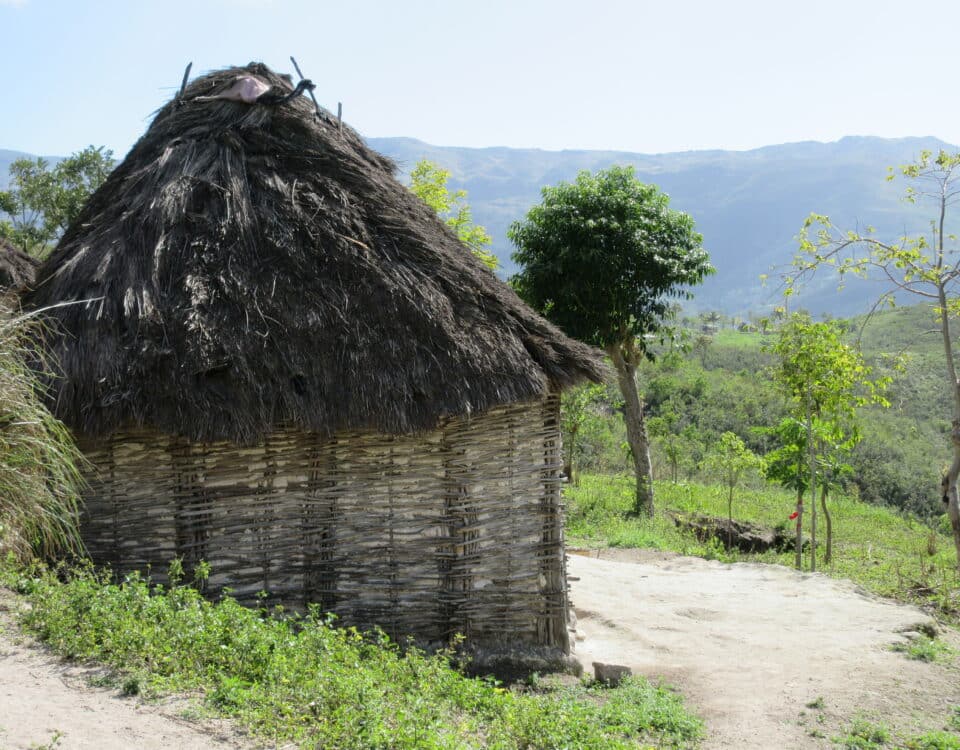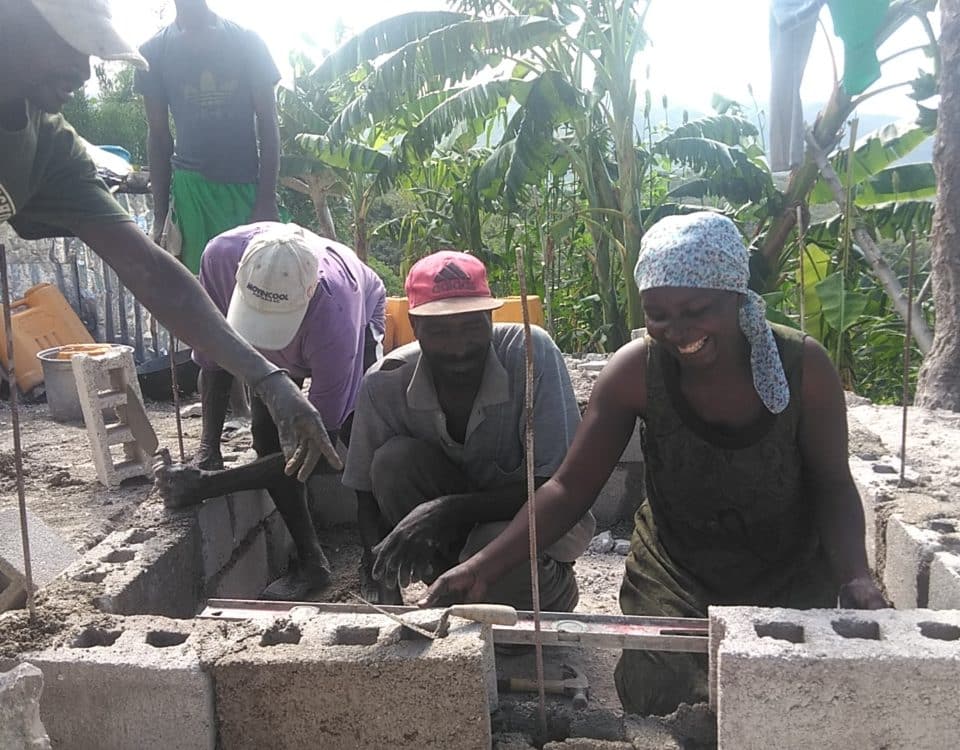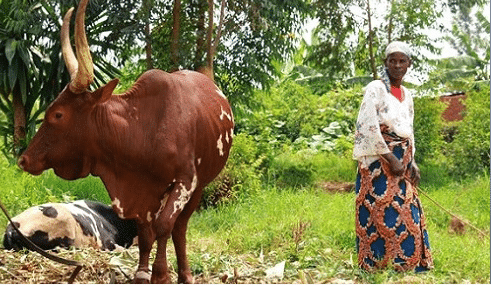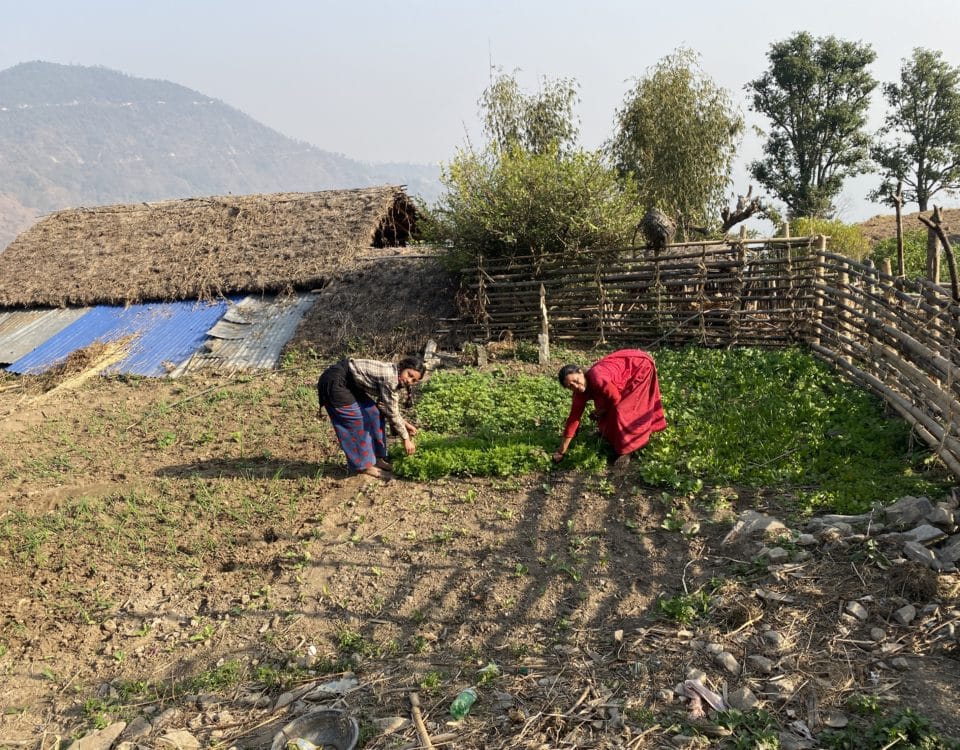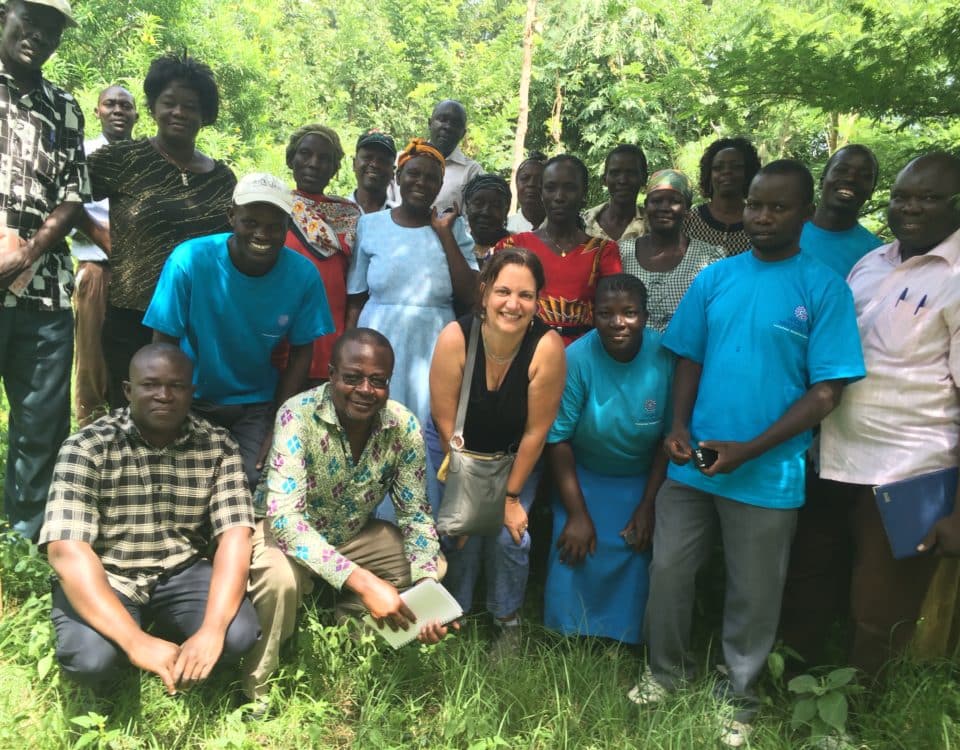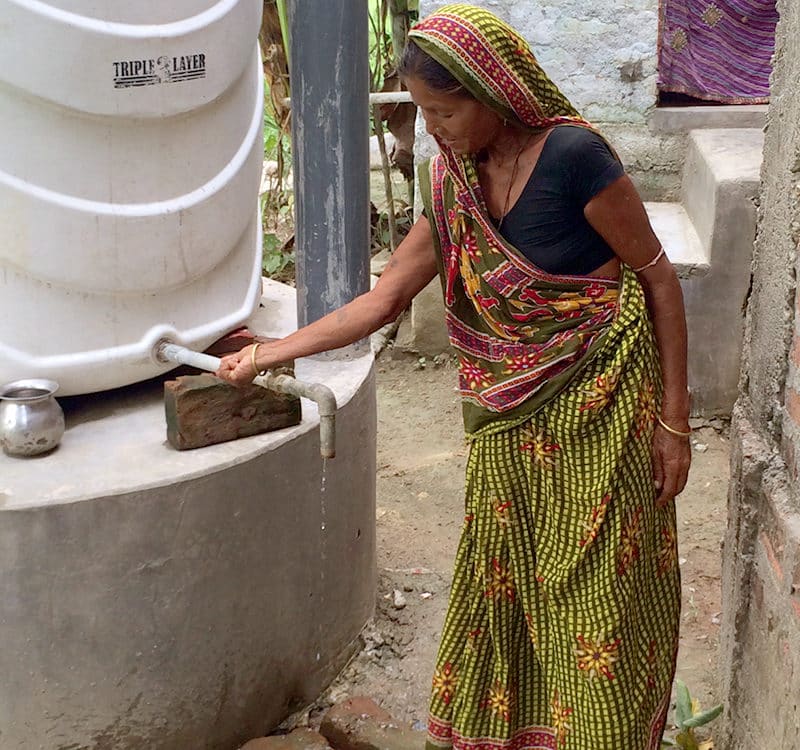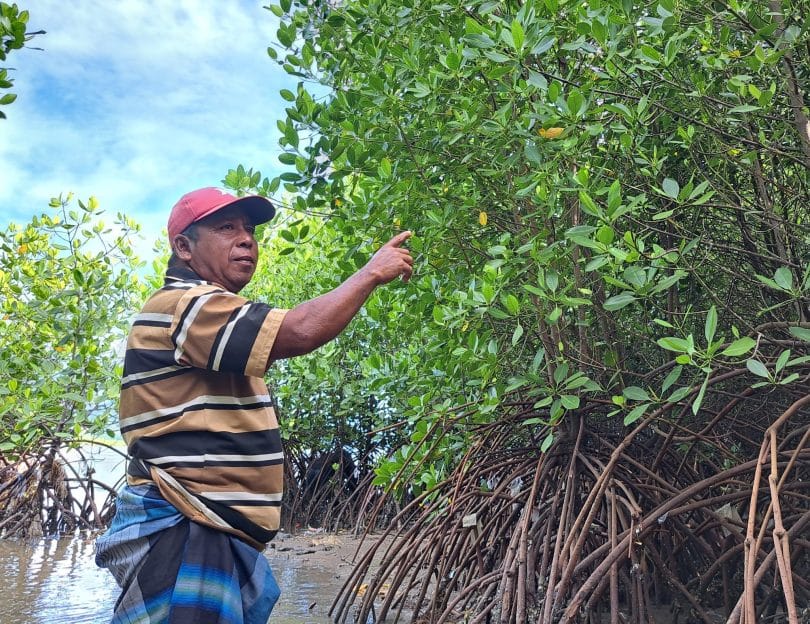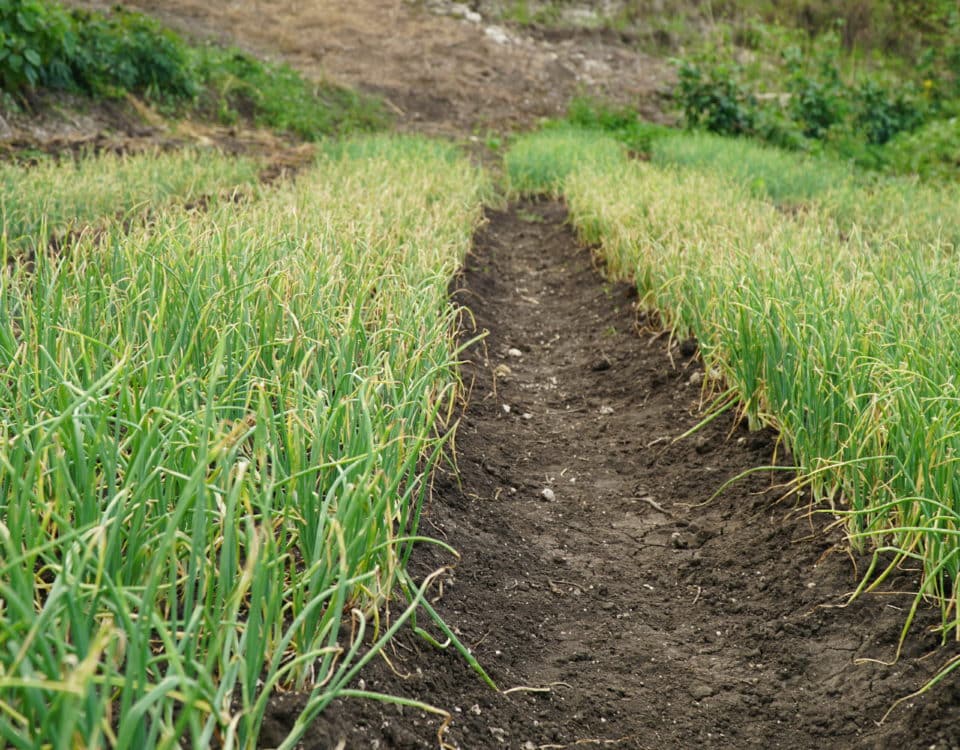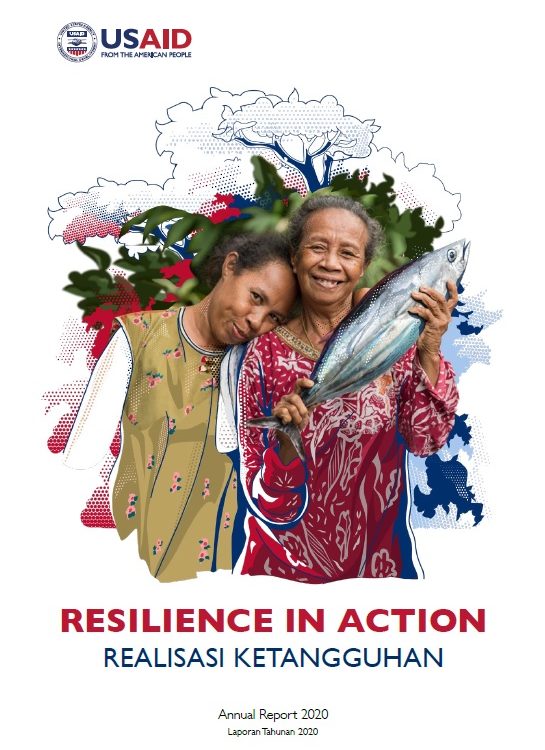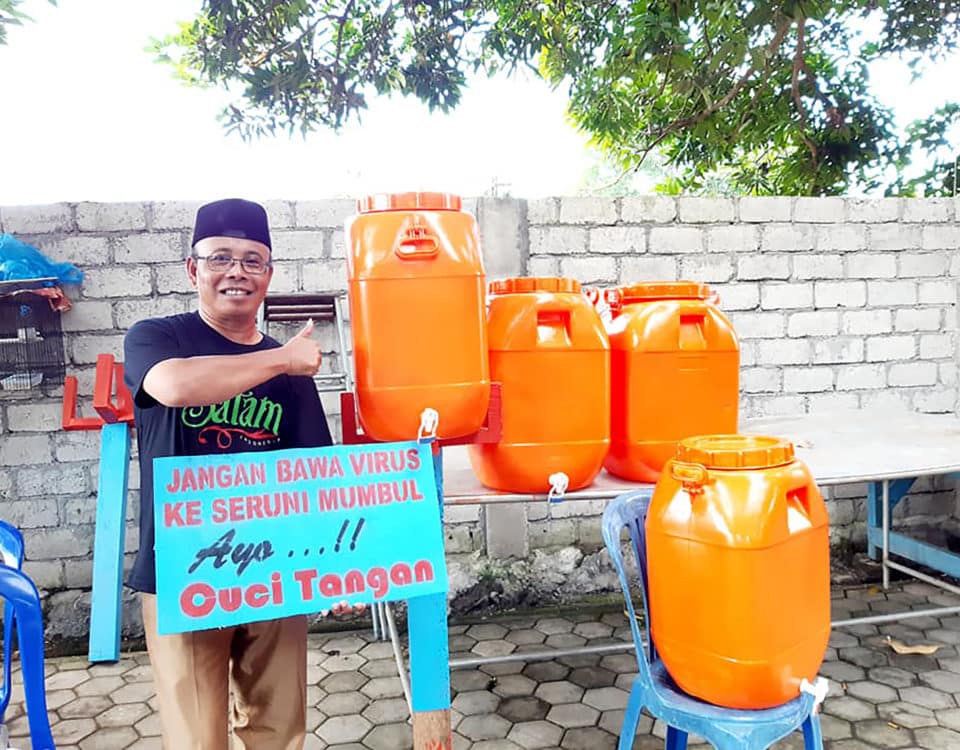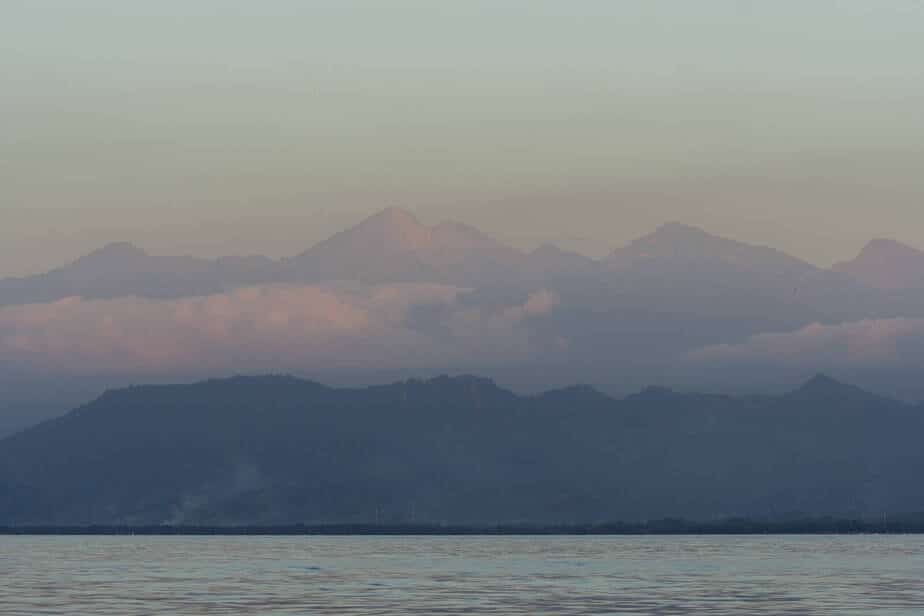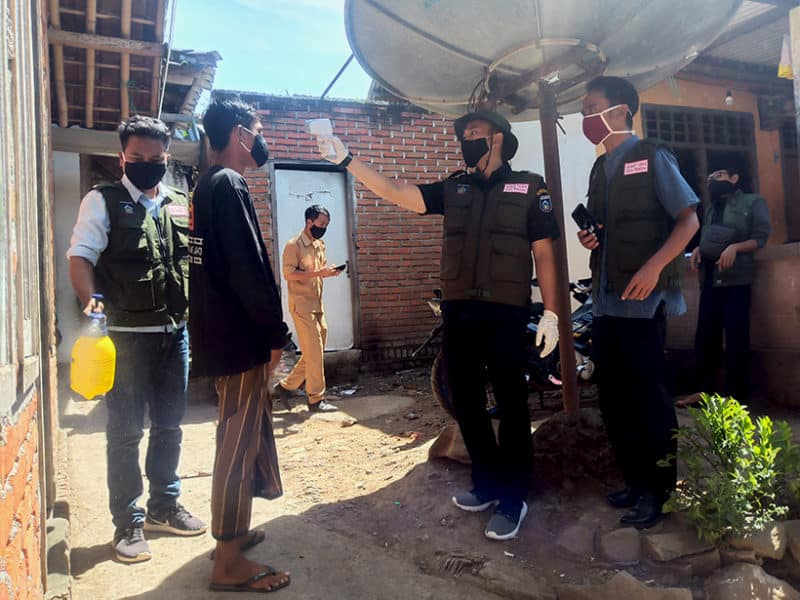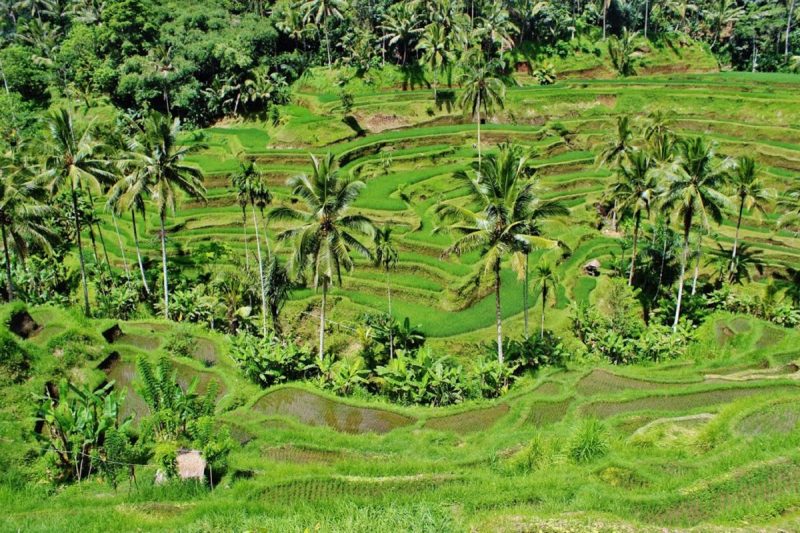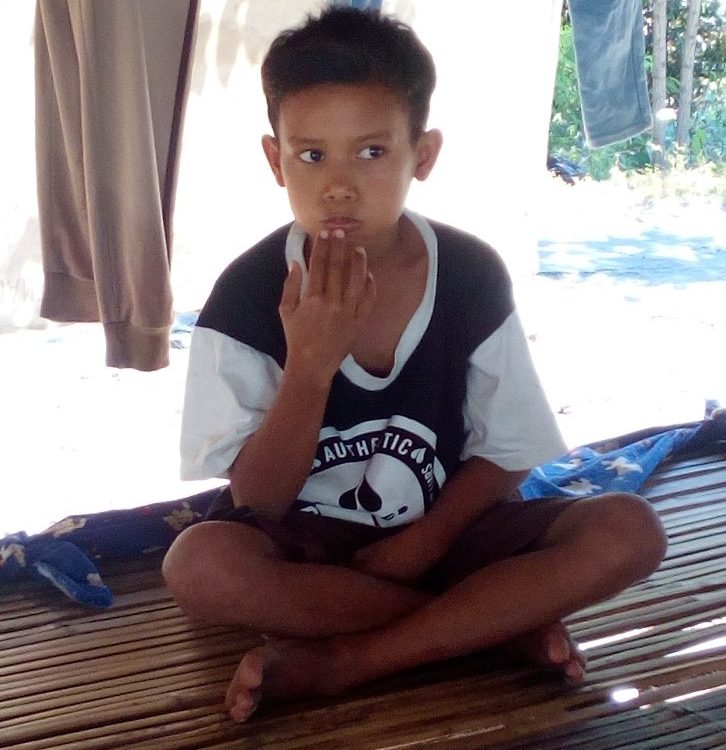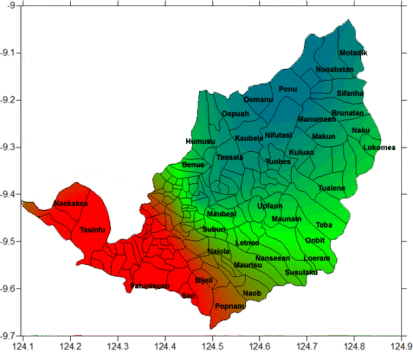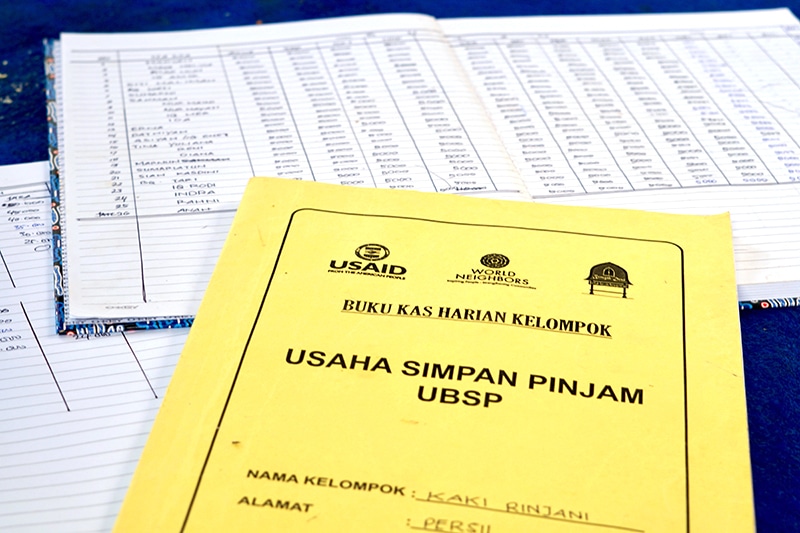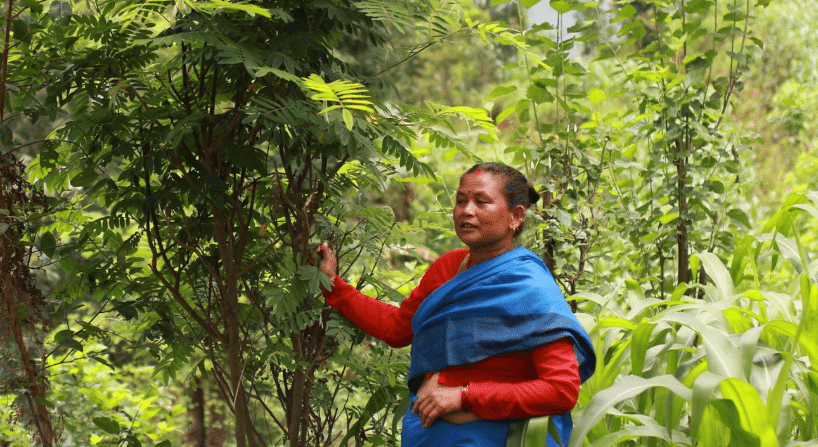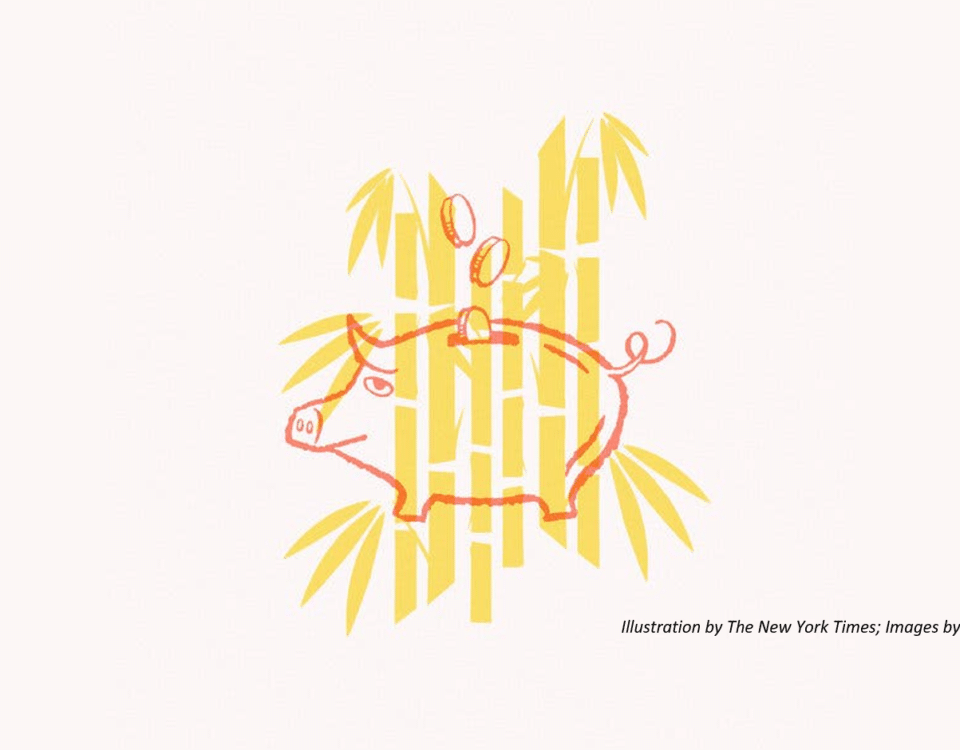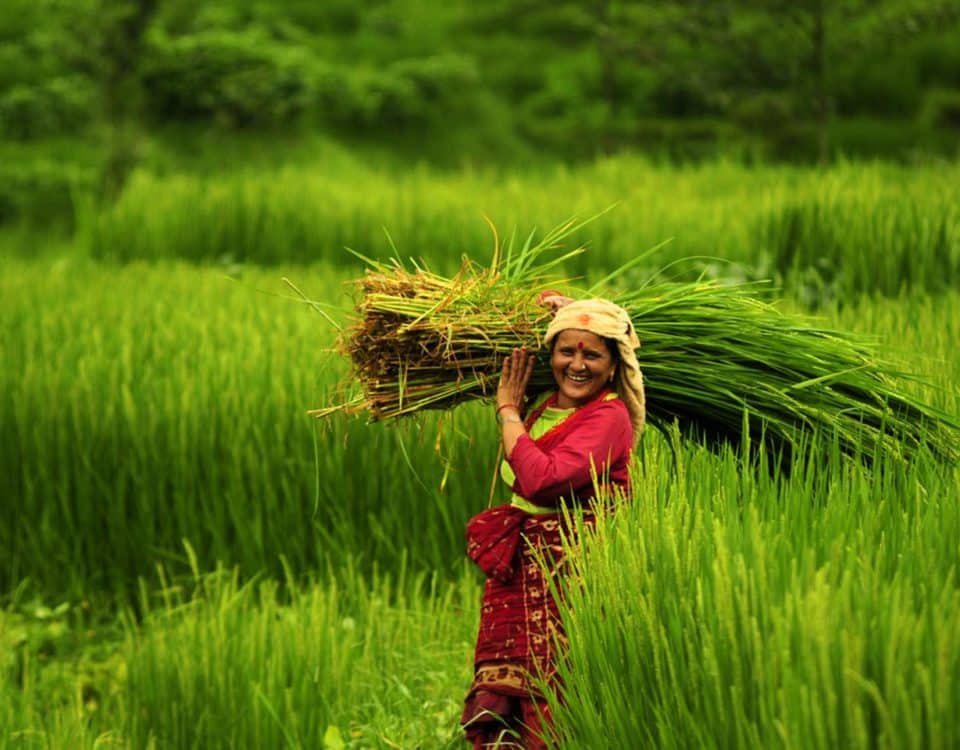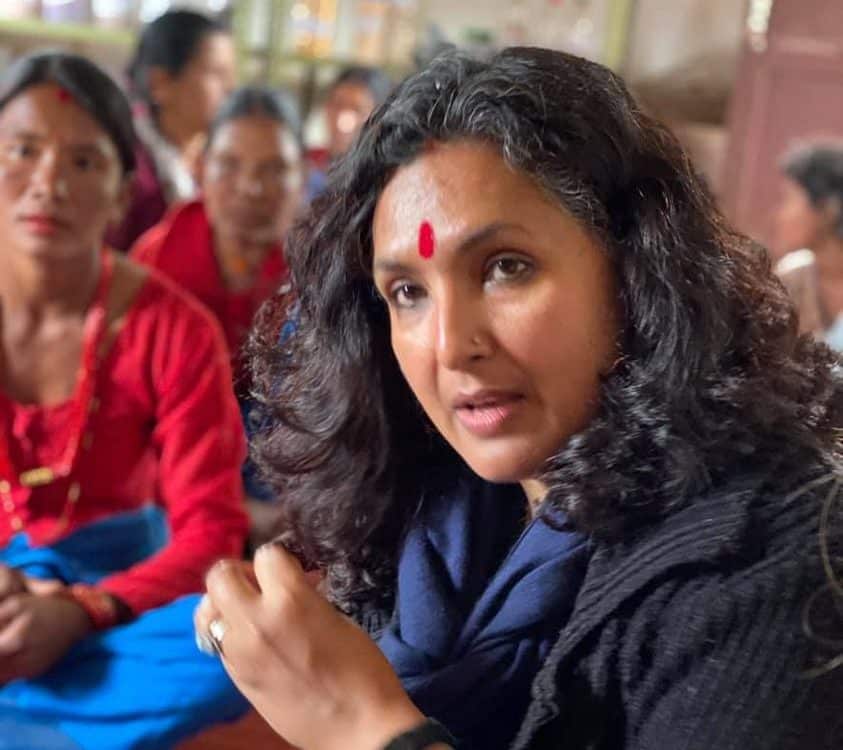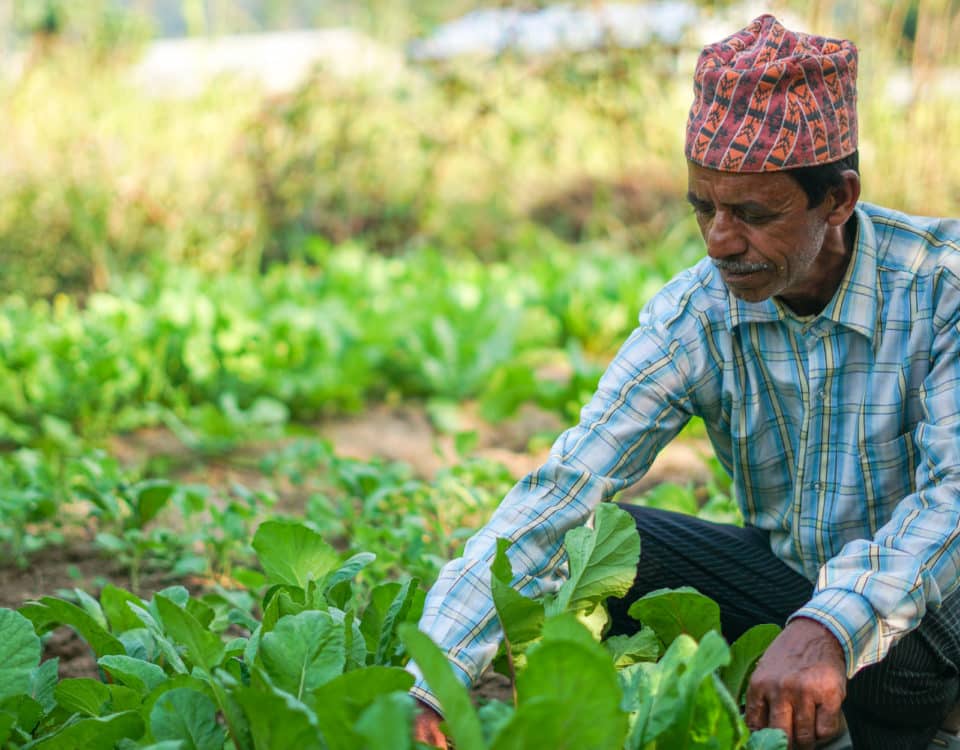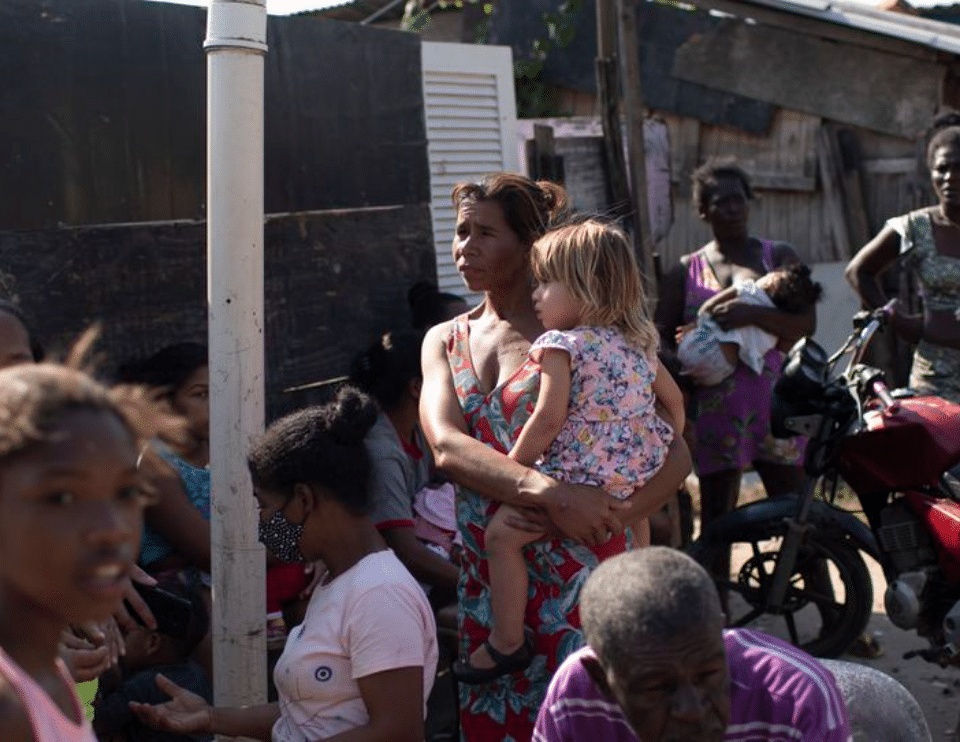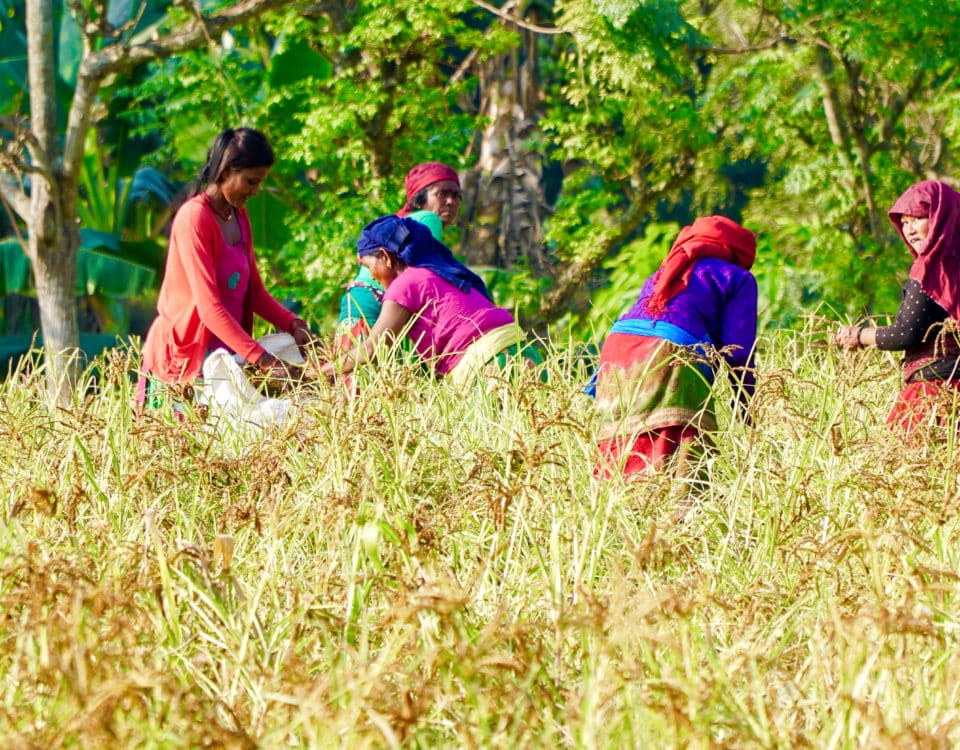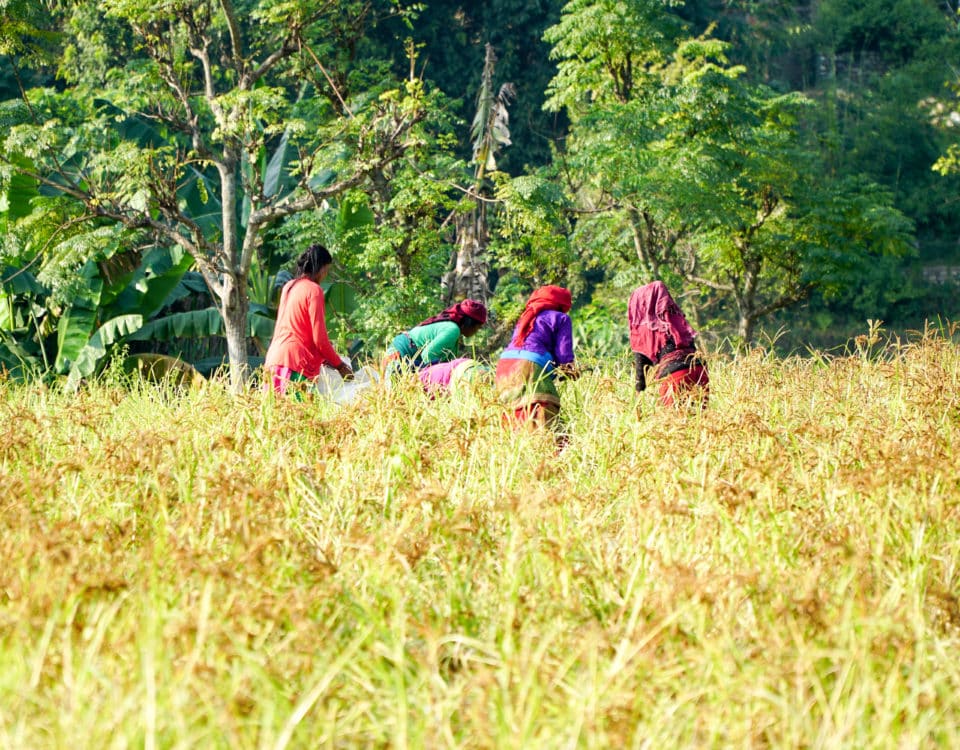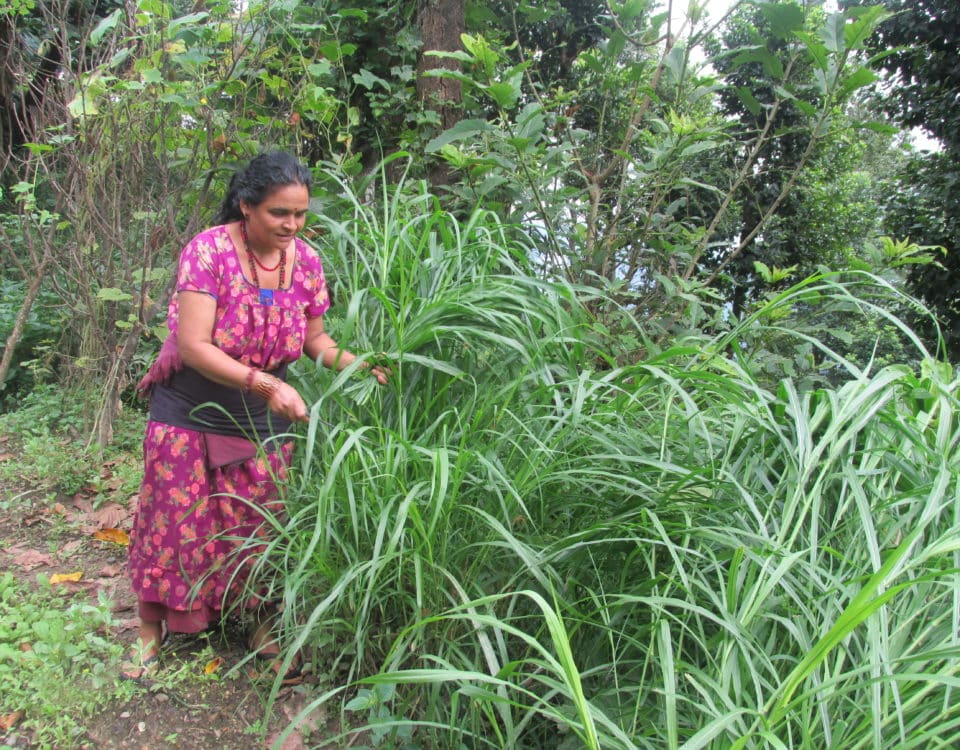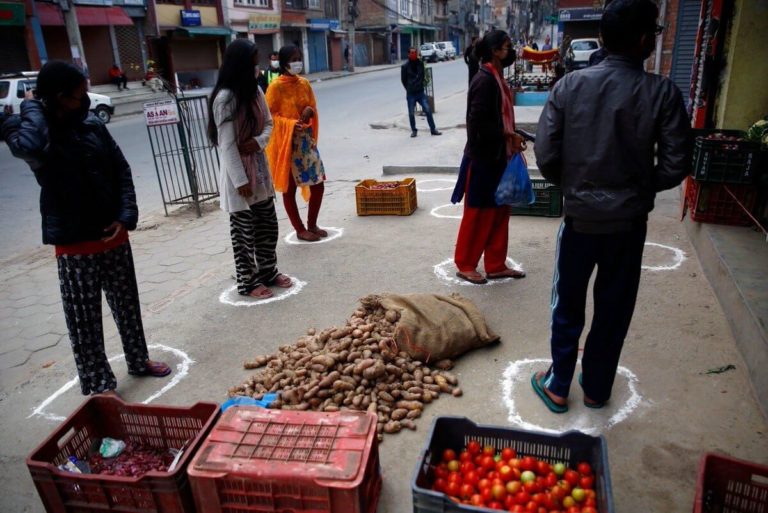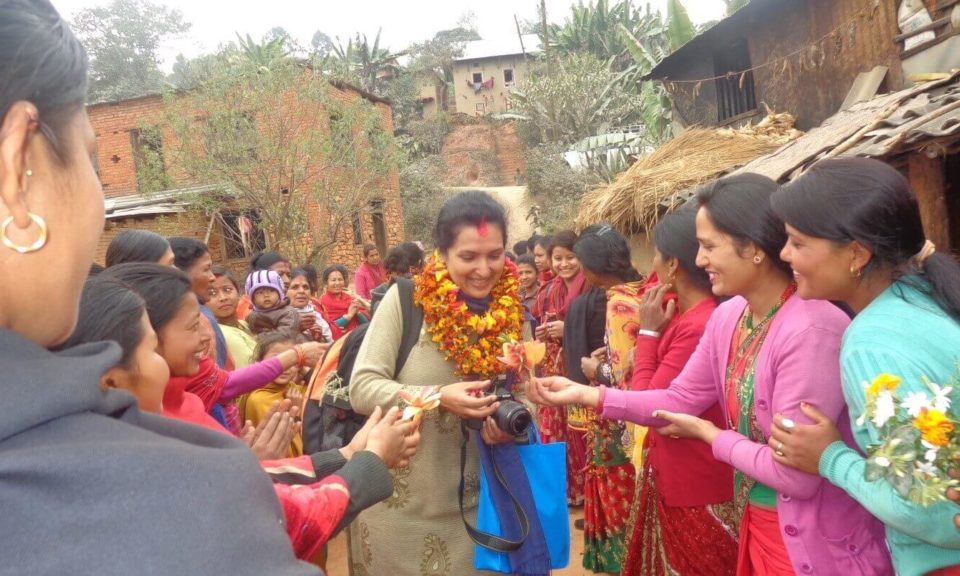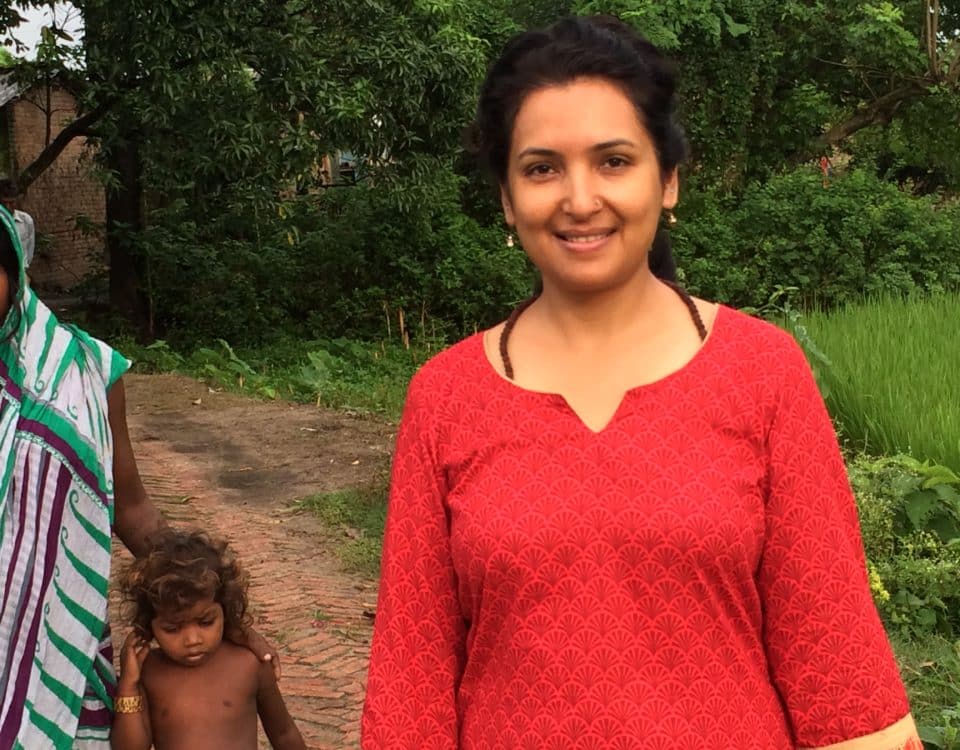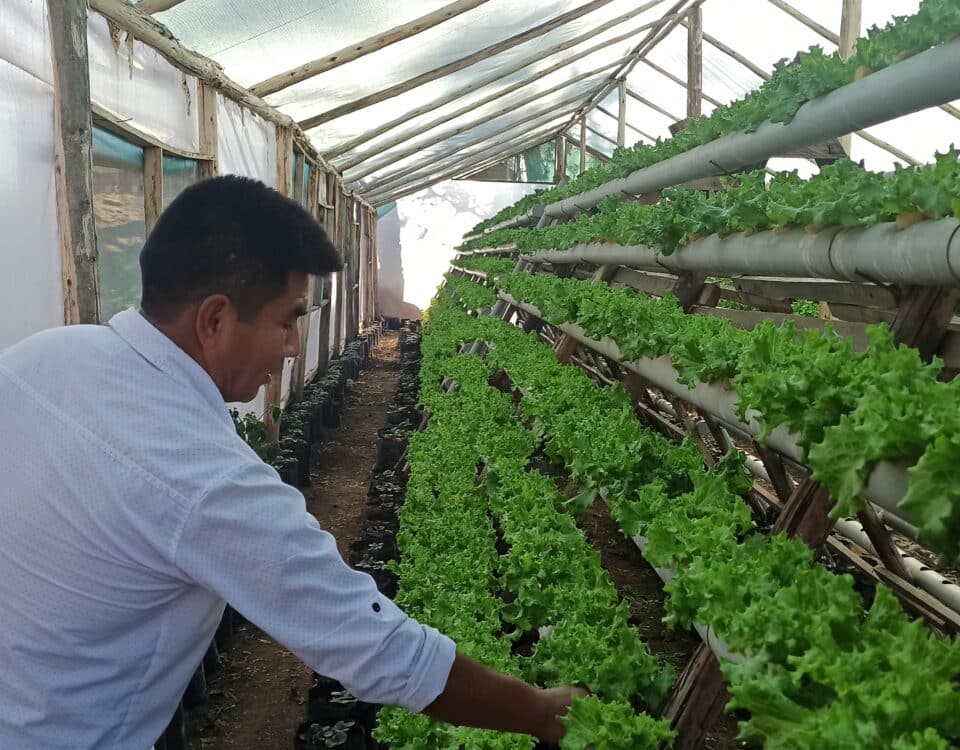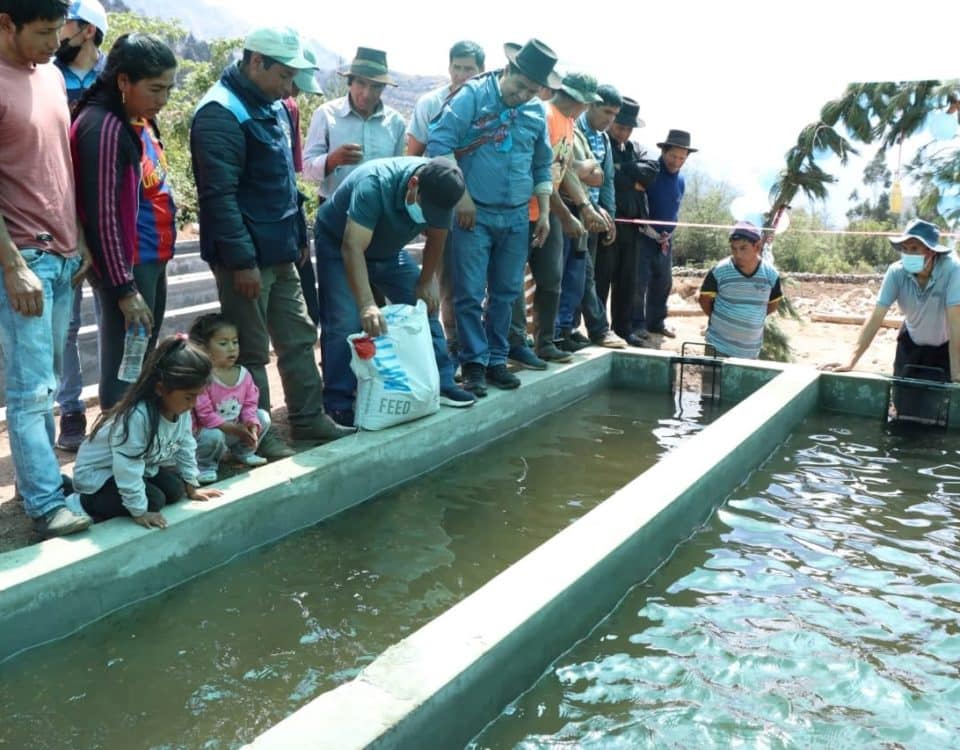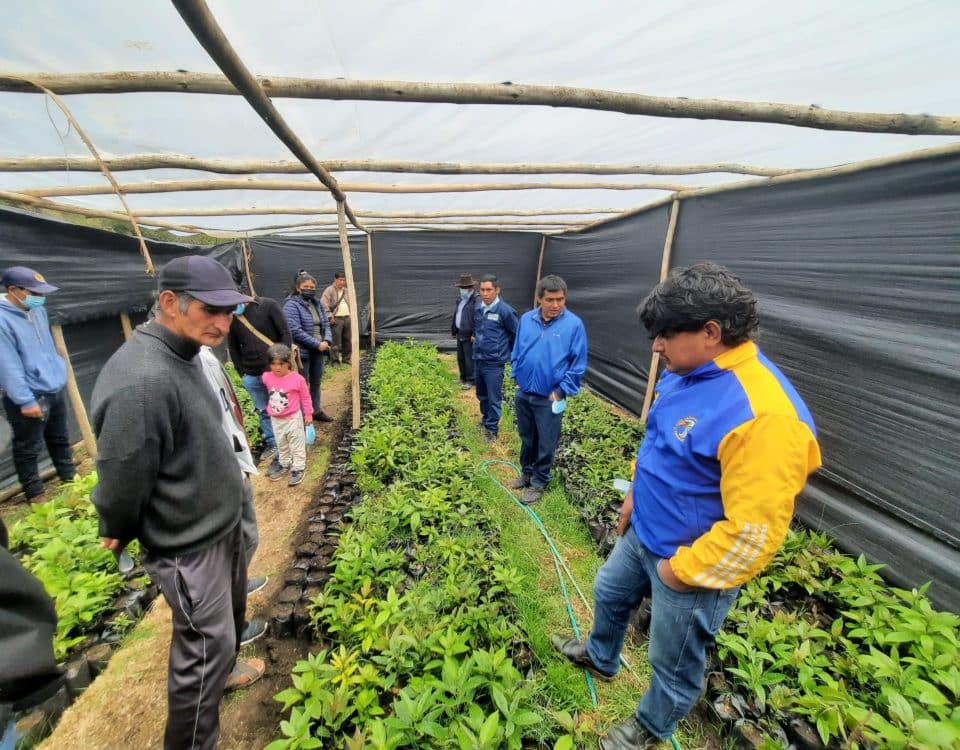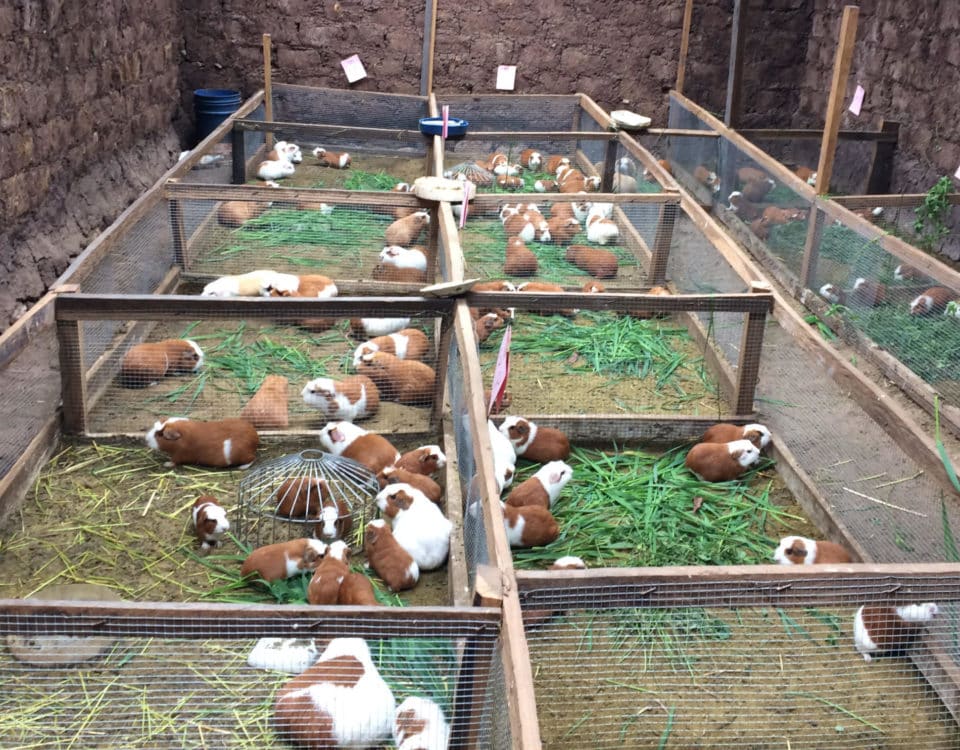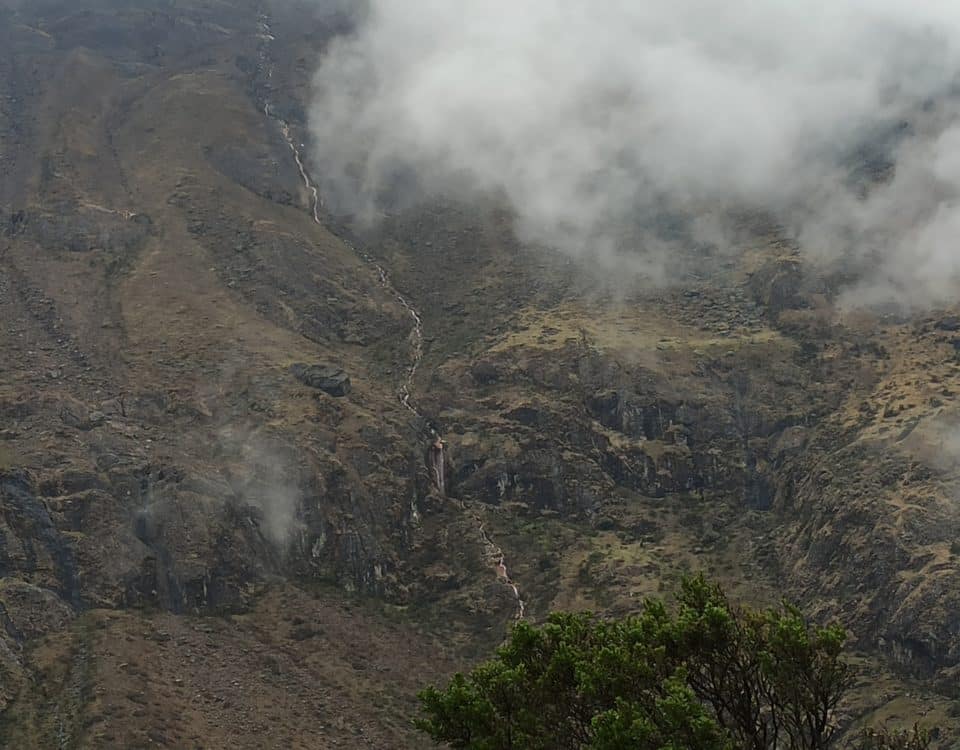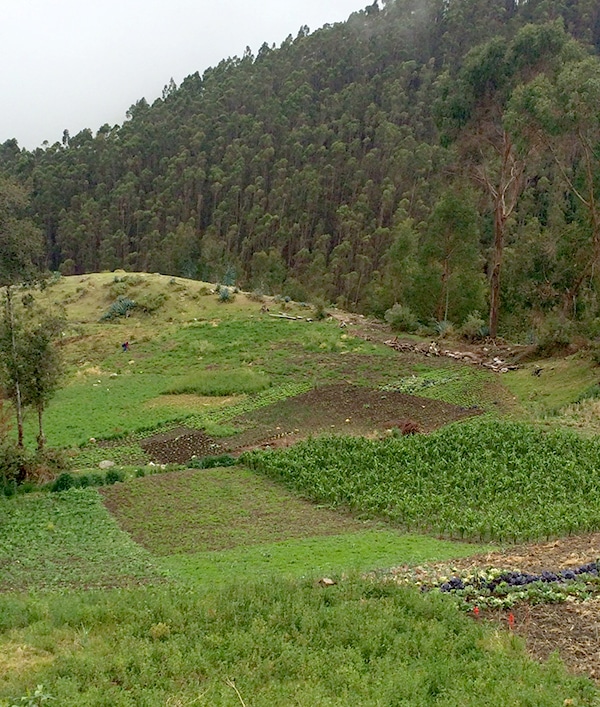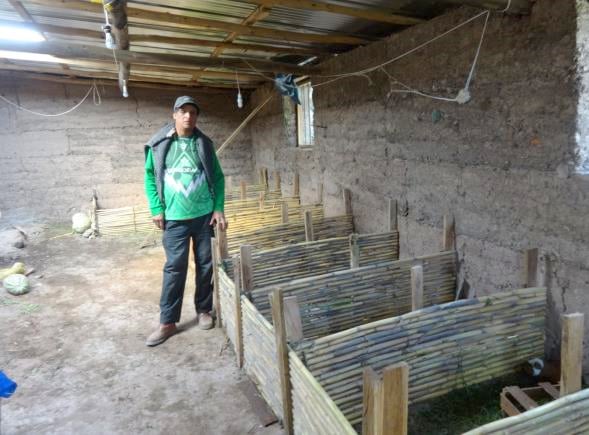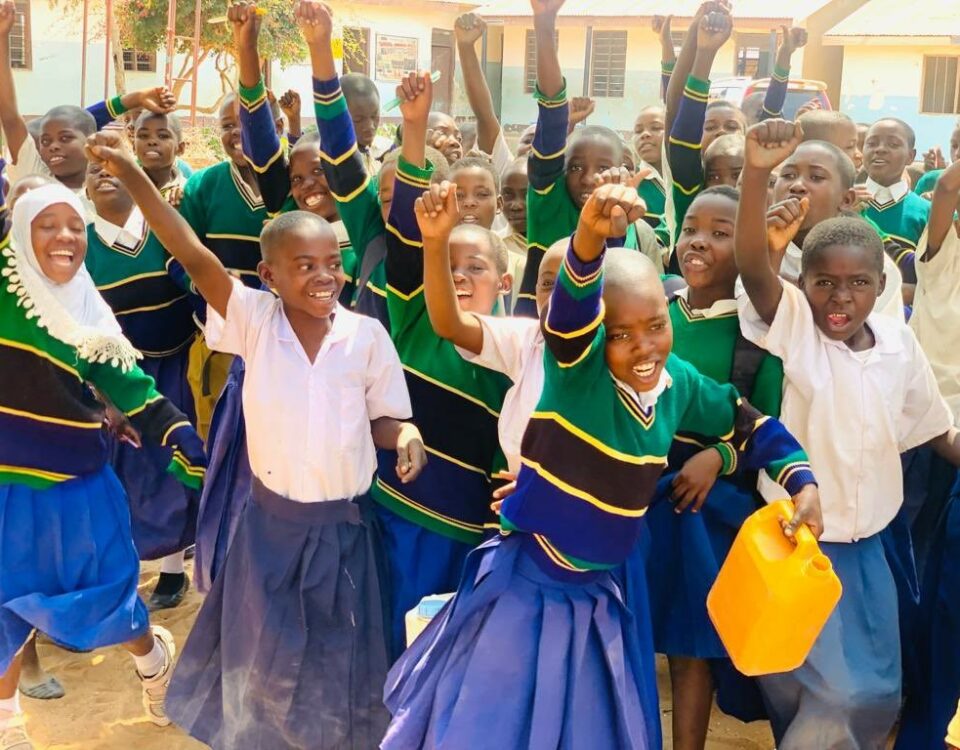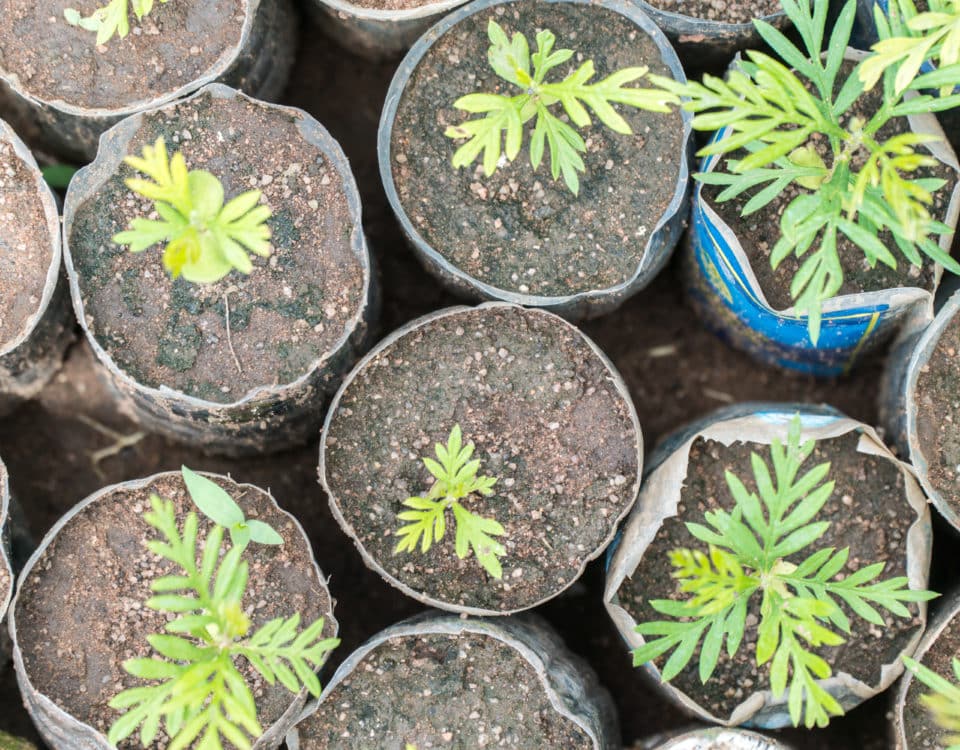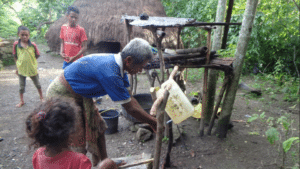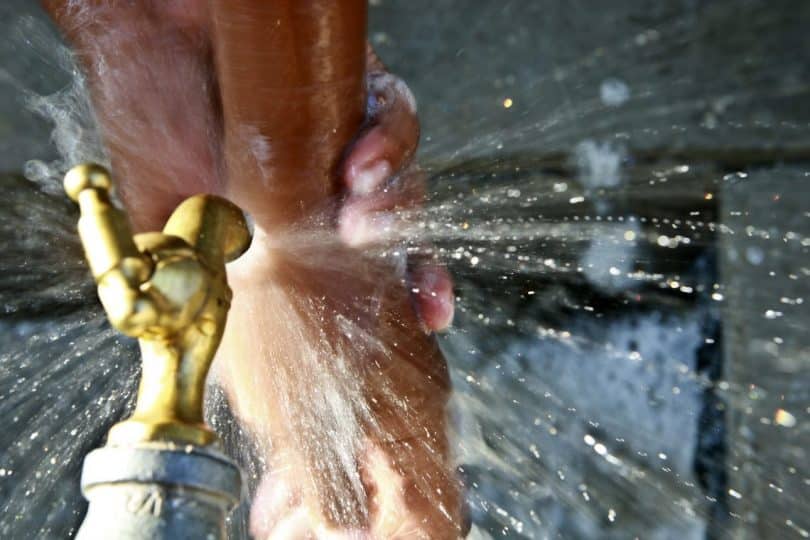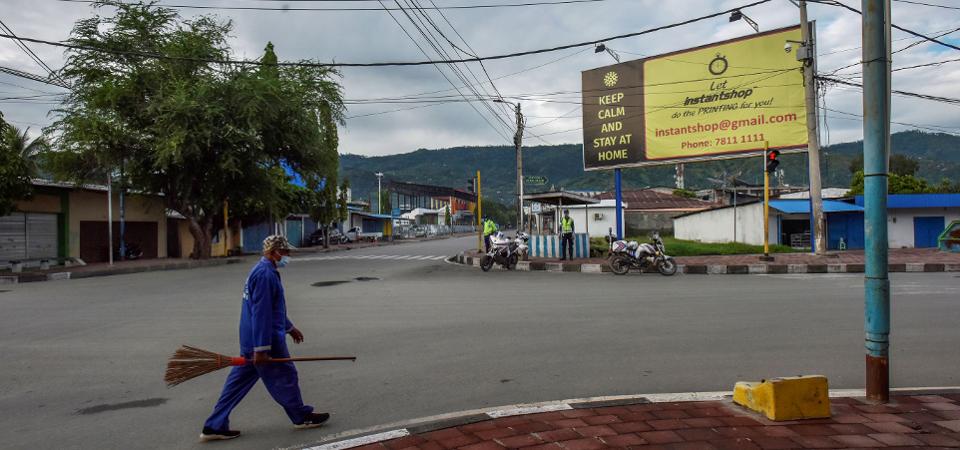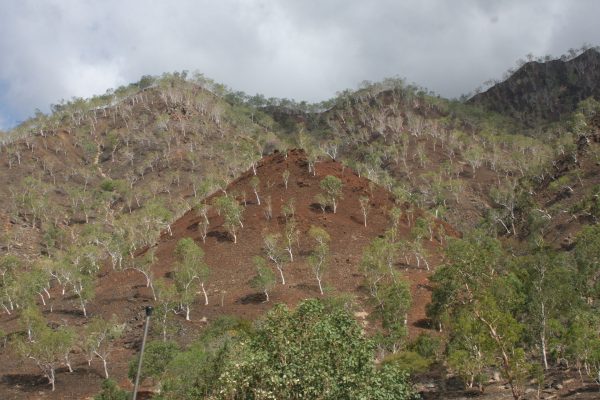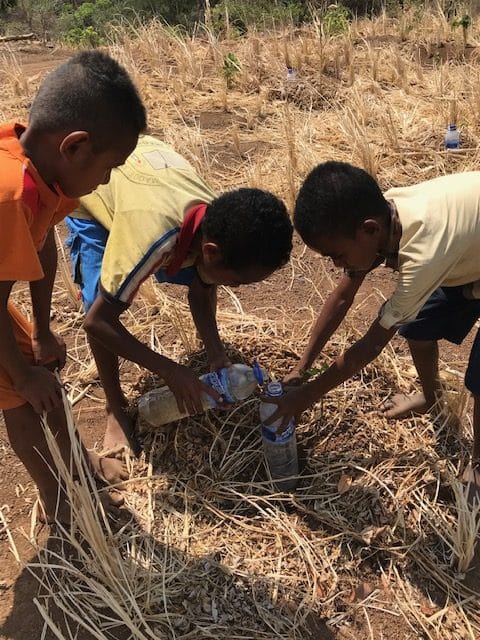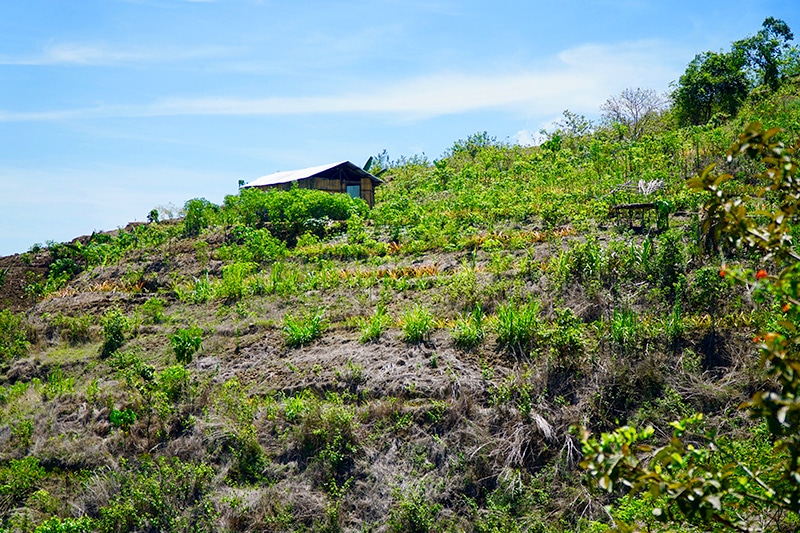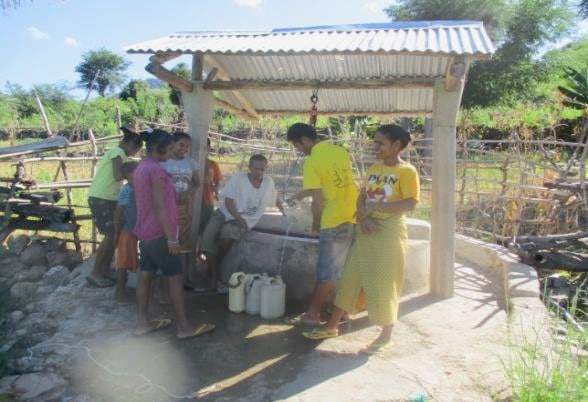SUCCESS STORIES
August 31, 2023
September 14, 2018
June 2, 2017
San Nicolas is a community in the sub-central part of Sik´imira, a municipality of Vila Vila, located in the department of Cochabamba, in Bolivia. In April 2015 when WN first visited and presented our development approach to the community, participants did not show much interest.
June 24, 2024
May 29, 2024
March 20, 2024
October 12, 2023
September 14, 2022
By Lionel Vigil Guatemala suffers from poverty, violence and corruption. While no one wishes these things to drive them from family or community, sometimes it can […]
March 4, 2022
By Lionel Vigil Guatemalans make the arduous journey trying to migrate to other countries for many reasons – poverty, corruption, violence, the effects of climate change. […]
December 16, 2021
Nearly 5 million people in Central America rely on the coffee sector for income. The region produces about 15% of the world’s arabica, the smooth-flavored beans […]
October 13, 2021
Check out this video about our USAID’s Bureau for Humanitarian Assistance funded work in Indonesia. The film captures the rare beauty of this South East Asian […]
September 23, 2021
Read about the profound impact our USAID-funded project on Increasing Community Resilience in Timor-Leste, Oecusse is having on the people of this remote region.
September 7, 2021
Listen to Chris Macoloo, World Neighbors Regional Director of East Africa, on BBC’s World Service Business Daily, originally aired on September 6, 2021. To […]
March 8, 2021
This International Women’s Day, World Neighbors (WN) is excited to celebrate the success of our partnership with The Starbucks Foundation. In 2018, WN received a generous […]
February 1, 2021
Michael Abiero Makene, 73, was born in and still lives in the village of Bukama in Tanzania. In 1975 the local government started to promote tree […]
August 11, 2022
By Teresa Bergen If you live in developed parts of the world, beware, because this article is going to talk about two things that might make […]
April 13, 2020
By Amanda Gibson SEATTLE, Washington — Dr. John L. Peters founded World Neighbors in 1951. It is an NGO based in Oklahoma City. After serving in World War […]
June 2, 2017
The World Neighbors supported, Bihar Integrated Rural Development Program (BIRDP), is operating in Madhubani district, Bihar,India. The program covers 43 villages from 4 blocks - Phulparas, Ghoghardiha, Andhratharhi and Khutouna.
April 9, 2024
December 17, 2021
Indonesia’s Sumbawa Island lies in the middle of the Lesser Sunda Islands. In the center of Sumbawa is Dompu Regency. Dompu is dotted with small family […]
October 13, 2021
Check out this video about our USAID’s Bureau for Humanitarian Assistance funded work in Indonesia. The film captures the rare beauty of this South East Asian […]
May 18, 2021
Check out USAID/Indonesia’s Annual Report. World Neighbors is cited on p. 80 for our work in disaster risk reduction.
February 1, 2021
“In neighboring villages there continue to be many cases of coronavirus, but thanks to the ongoing work of our disaster management group, Alhamdulillah our village Seruni […]
December 1, 2020
In remote villages on Lombok, a rugged Indonesian island east of Bali, resilience to global warming means figuring out how to maintain water and food supplies […]
November 9, 2020
Indonesians say being prepared for climate-related disasters helped blunt the impact of the coronavirus pandemic—and that lessons in resilience may mitigate the effects of climate crises […]
May 4, 2018
Agricultural production, especially in developing countries, plays a large role in carbon dioxide emissions. The culprit: “Slash and burn,” a crude deforestation technique used in a […]
November 27, 2017
Picture the scene – it’s a typical one found across rural Indonesia. Under the blazing sun, there’s a group of children playing football, kicking up clouds […]
June 2, 2017
Rural communities in Eastern Indonesia are increasingly suffering from the effects of climate change. Generational knowledge of when, where, and how much rain will fall is becoming more unreliable, leading to critical harvest failures.
June 2, 2017
Mrs. Masnah is 50 years old and lives in Dara Kunci Village on the Island of Lombok in Indonesia. She has four children. Mrs. Masnah was very enthusiastic when she attended a training on the manufacturing of cashew fruit and wheat crackers which was facilitated by the staff of LPSDM, a World Neighbors local partner.
July 8, 2022
by Abhaya Raj Joshi Although farmers traditionally practiced agroforestry in Nepal, they gave it up with the advent of the green revolution. A women’s group in […]
June 7, 2022
By Peter Coy Bamboo makes a fascinating case study of how to do developmental assistance right. Take Nepal, where the fast-growing plant (technically a grass, not […]
November 9, 2021
In the 1980s Jesuit Fr Henri de Laulanié studied a method for increasing rice production in Madagascar. His system of rice intensification is now being applied […]
June 7, 2021
ARI SHAPIRO, HOST: COVID-19 is still raging in South Asia, and a lot of the attention has been on India, which has broken records for cases […]
June 7, 2021
India’s desperate COVID-19 situation is driving attention around the world, and with good reason. Cases and deaths are rapidly rising. The health care system is overwhelmed and, tragically, […]
June 7, 2021
No country has escaped the setbacks caused by the pandemic, but its impact on low-income countries is particularly devastating. The World Bank estimates that the pandemic […]
February 9, 2021
Chemical pesticides and fertilizers can be problematic—they are dangerous to ingest, they contaminate soil and plants, and they are dangerous to store and use. In poor, […]
September 25, 2020
Since COVID-19 hit, households in developed countries have been planting kitchen gardens. For some, this provides necessary food in the face of economic upheaval. But for […]
August 4, 2020
Laxmi B.K., age 35, lives in the rural village of Sindhupalchok in Nepal. She is a member of the Dalit community of Chautara Sangachokgadi Municipality, ward […]
July 1, 2020
By Srijana Karki More Nepalis abroad than in Nepal have contracted and died from the coronavirus. At least 33 Nepalis in the UK, 15 in the United […]
May 26, 2020
Interview by Sai Nikesh D Covid-19 crisis has hit every part of the world, disturbing life and living altogether. Governments, NGOs, individuals and more sections of […]
January 29, 2019
Rice farmers in Nepal are improving yields by more than 50 percent using a technique that sows fewer plants per acre but produces more rice per […]
December 1, 2023
August 31, 2023
November 4, 2022
By Lionel Vigil Fish farming has exploded over the past 20 years, especially in Latin America. But there are serious environmental concerns, including concentrations of fish waste […]
July 21, 2022
Avocado consumption has skyrocketed around the world, particularly in the US. Per capita consumption has grown 8% per year for the past decade. About 40% of […]
July 11, 2022
Peru’s economy is recovering from the shutdowns and other measures taken to address COVID-19, which hit the country’s people especially hard. But like the rest of […]
October 7, 2021
Oklahoma City – Oct. 7, 2021 – World Neighbors today announced a new collaboration with The Starbucks Foundation. For the next two years, The Starbucks Foundation will […]
June 2, 2017
Pelagia Mendoza Sicha, from Peru, was engaged in various agricultural activities, including raising dairy cows. The raising of cattle for milk production was producing discouraging results because production and maintenance costs were very high.
June 2, 2017
Vacahuasi is a rural community in the district of Ocros in the Ayacucho Region of Peru where Magno Castillo lives with his wife Primitiva Gutierrez and their five children. Magno is happy and enthusiastic about his new guinea pig farm. He started working on it in May 2015, when World Neighbors was implementing a community led assessment of the region.
September 23, 2021
Read about the profound impact our USAID-funded project on Increasing Community Resilience in Timor-Leste, Oecusse is having on the people of this remote region.
July 10, 2020
By Randy Mulyanto and Nicola Smith Almost half of Timor-Leste’s more than 1.2 million population still lives in extreme poverty with little access to healthcare and […]
July 1, 2020
By Edd Wright To date, Timor-Leste has only 24 confirmed COVID-19 cases, and no deaths. It hasn’t registered a new case since 24 April. This is […]
June 23, 2020
By Andrew Wight Timor-Leste, also known as East Timor, has seen more than 50 days without new COVID-19 cases and has yet to report a single death, thanks […]
June 2, 2020
February 5, 2019
Amid all the plastic-bashing of single-use water bottles, the benefits that many people enjoy from innovative uses of these bottles have been lost in the shouting. […]
June 2, 2017
Generally, all farmers in Oecusse, Timor-Leste practice slash and burn to open new farmland. The mountainous, geographic condition of Oecusse means most of the farmland is on steep, sloping land that make the impact from slash and burn even worse, as the top soil washes down and away during the rainy season.
June 2, 2017
On the small island nation of East Timor or Timor Leste, Aldea Fatunababu is a small village in Suco Usitaco with 58 households. The main livelihood in this area is dry land agriculture. Fatunababu’s geography is mountainous, with a lot of waste and rocky land which is prone to landslides.

